
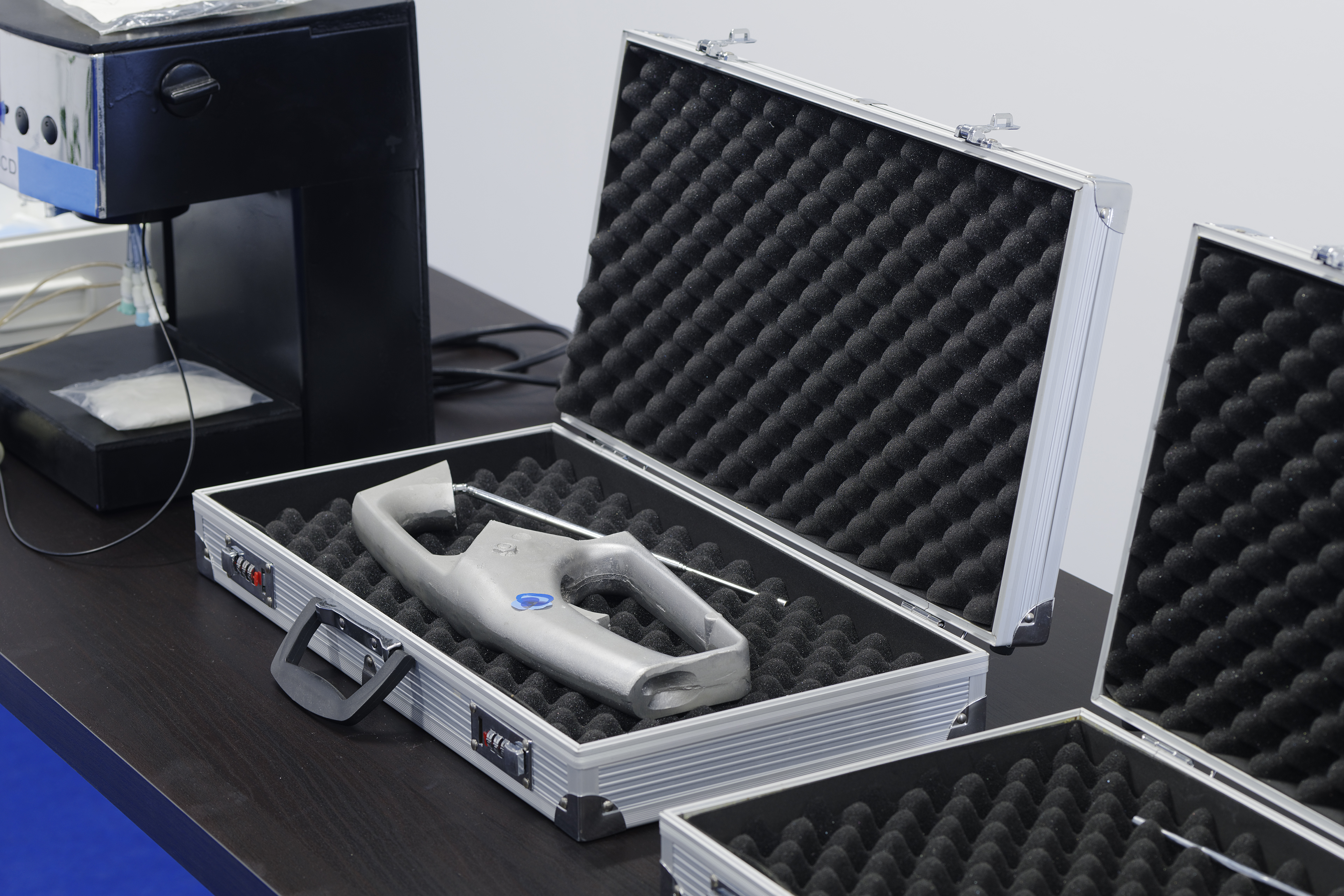
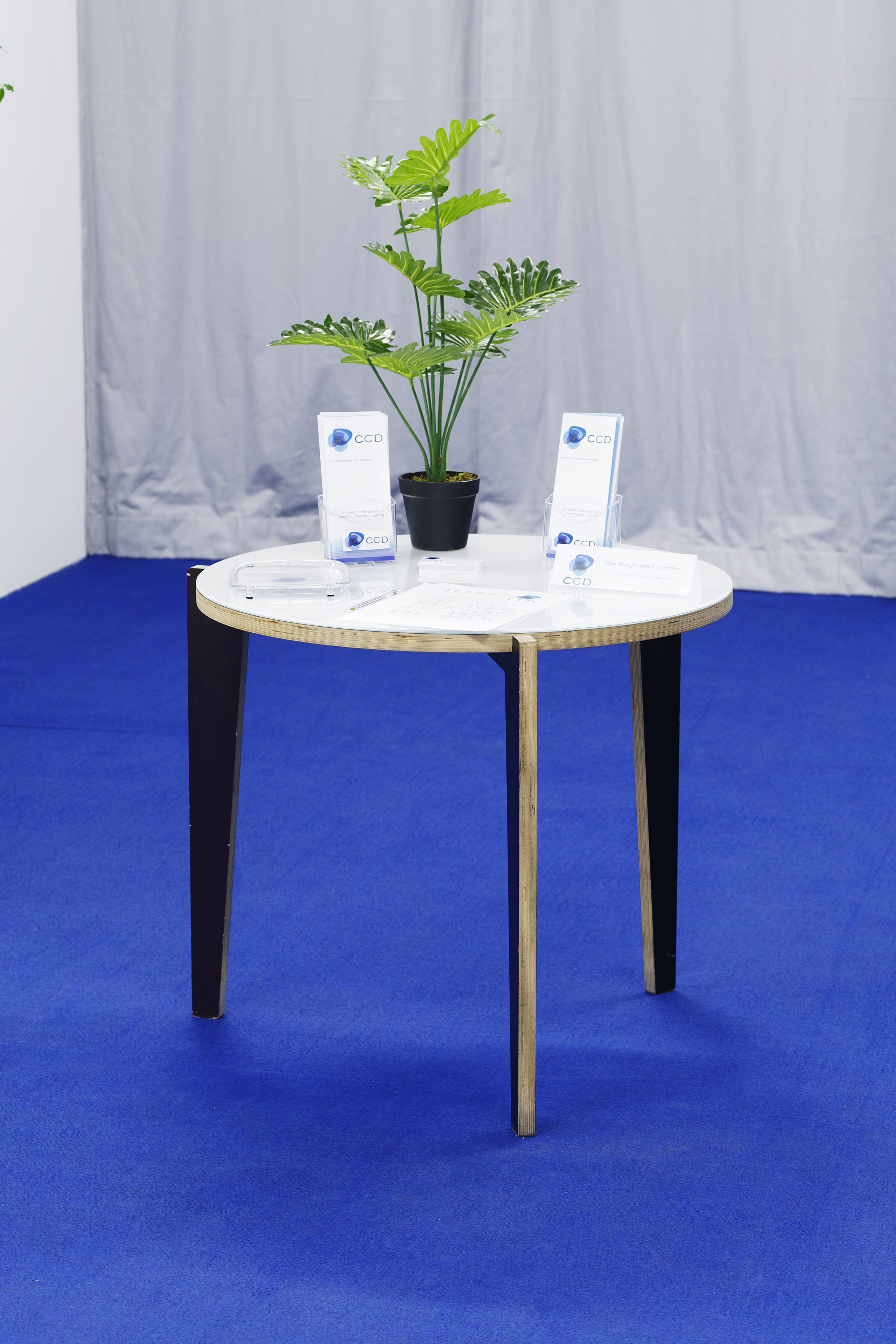

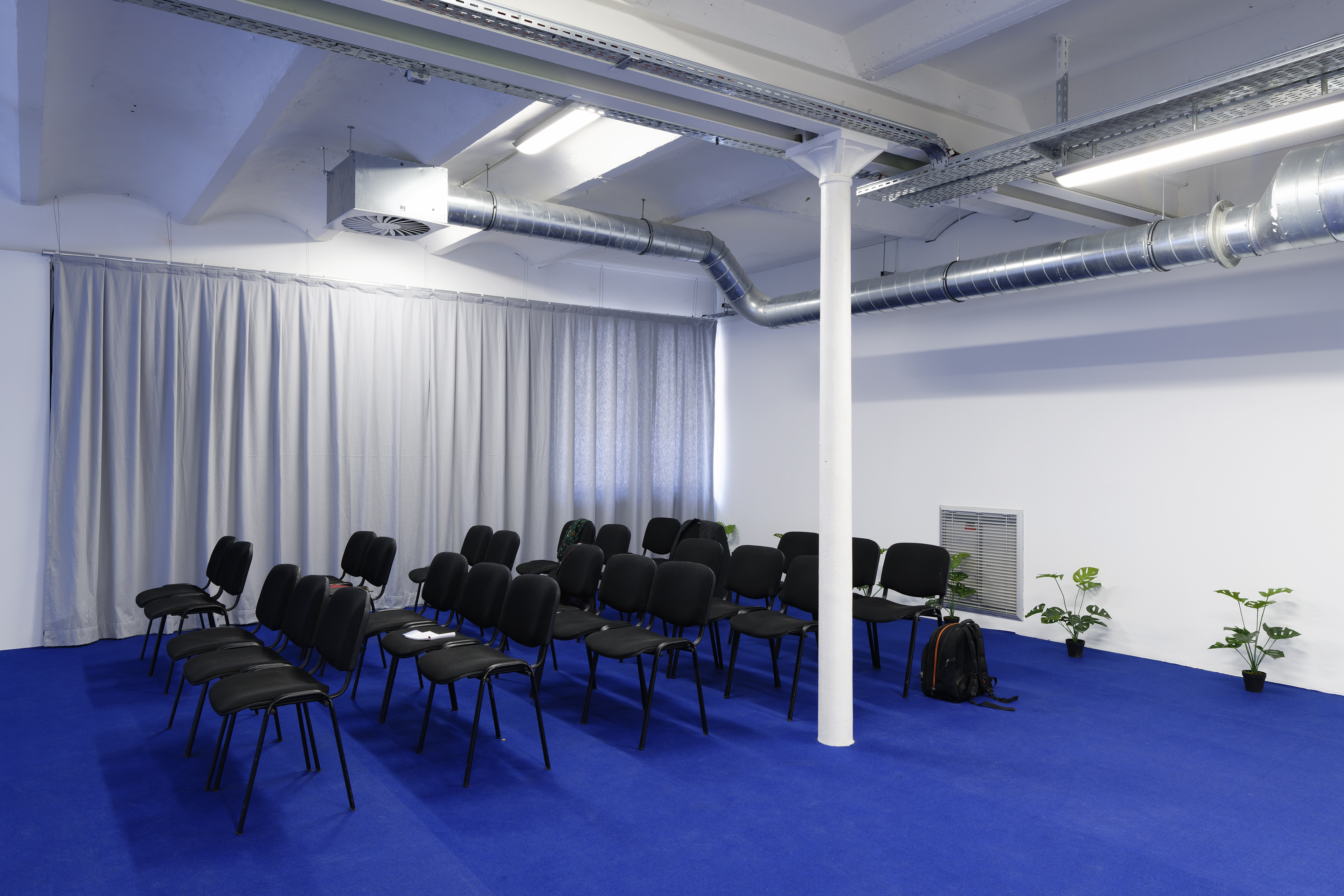
Narrative Machines:
Episode 1
Installation
Part of ‘Vos désirs sont les nôtres’︎
Triangle - Marseille
2018
Narrative machines: episode 1 / الآلات السردية : الحلقة ١
is a catalyst of ideas which explores identity, scientific progress and political situations on a local and transnational level.
Ghita Skali’s work takes as an initial impulse investigations around anecdotes which appeared in the media and have been later forgotten and erased. They reveal power relations based on mythologies, the reification of fictions and assumptions. In Narratives Machines: episode 1, the artist attempts to address the way certain Arab regimes, specifically in Morocco and Egypt, try to acquire a scientific legitimacy. In this context, the political state propaganda could serve a tool to communicate and share narratives of an illusory progress. They reference medical and scientific breakthroughs which are in reality political illusions while relying upon the dissemination of narratives of progress whose veracity remains uncertain and doubtful. With multiple sequences and labyrinthine stories, Skali unfolds a caméléonesque biography of inventions. The installation addresses the question of how to constitute the future by unfolding conceptual and fictional connexions with the topic in several Arab countries, in a time when there is a lot of pressure on the notion of future. Narratives Machines: episode 1 highlights power relationships based on facts, myths, and systems of knowledge related to authoritative structures of dissemination of information.
During this lecture-performance, the artist Ghita Skali and the art historian Karima Boudou retrace rhizomatic histories that evoke the way in which some middle-eastern regimes, in particular in Morocco and Egypt, attempt to acquire scientific legitimacy. Skali and Boudou take television, radio and press archives as a point of departure. They reveal an outline of State-propaganda which is based on the diffusion of stories of progress, the truth of which rests uncertain. Whilst making reference to inventions, presented as ‘scientific’, but whose nature reveals political communication, their narrative generates fictions and hypotheses.
is a catalyst of ideas which explores identity, scientific progress and political situations on a local and transnational level.
Ghita Skali’s work takes as an initial impulse investigations around anecdotes which appeared in the media and have been later forgotten and erased. They reveal power relations based on mythologies, the reification of fictions and assumptions. In Narratives Machines: episode 1, the artist attempts to address the way certain Arab regimes, specifically in Morocco and Egypt, try to acquire a scientific legitimacy. In this context, the political state propaganda could serve a tool to communicate and share narratives of an illusory progress. They reference medical and scientific breakthroughs which are in reality political illusions while relying upon the dissemination of narratives of progress whose veracity remains uncertain and doubtful. With multiple sequences and labyrinthine stories, Skali unfolds a caméléonesque biography of inventions. The installation addresses the question of how to constitute the future by unfolding conceptual and fictional connexions with the topic in several Arab countries, in a time when there is a lot of pressure on the notion of future. Narratives Machines: episode 1 highlights power relationships based on facts, myths, and systems of knowledge related to authoritative structures of dissemination of information.
During this lecture-performance, the artist Ghita Skali and the art historian Karima Boudou retrace rhizomatic histories that evoke the way in which some middle-eastern regimes, in particular in Morocco and Egypt, attempt to acquire scientific legitimacy. Skali and Boudou take television, radio and press archives as a point of departure. They reveal an outline of State-propaganda which is based on the diffusion of stories of progress, the truth of which rests uncertain. Whilst making reference to inventions, presented as ‘scientific’, but whose nature reveals political communication, their narrative generates fictions and hypotheses.
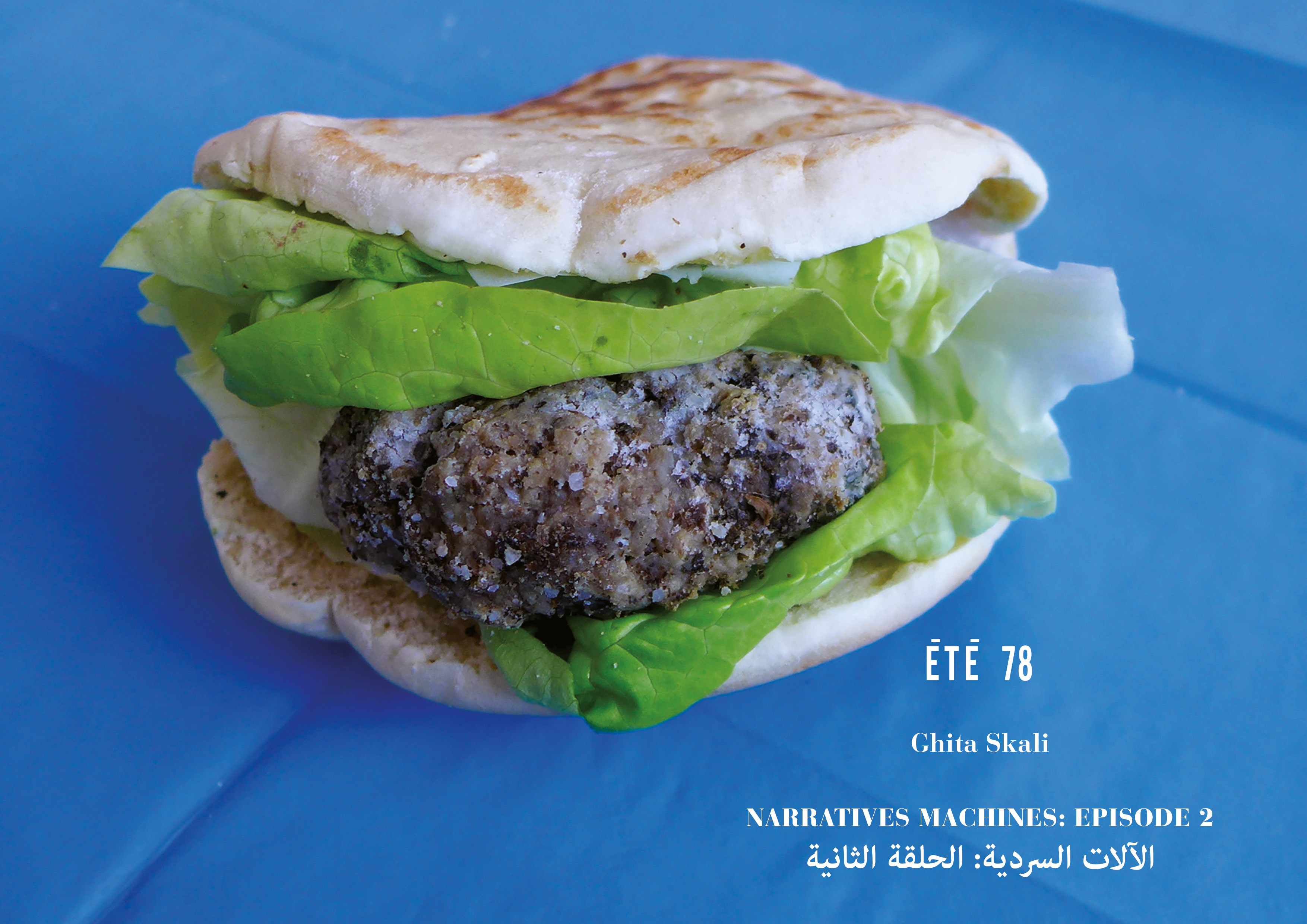
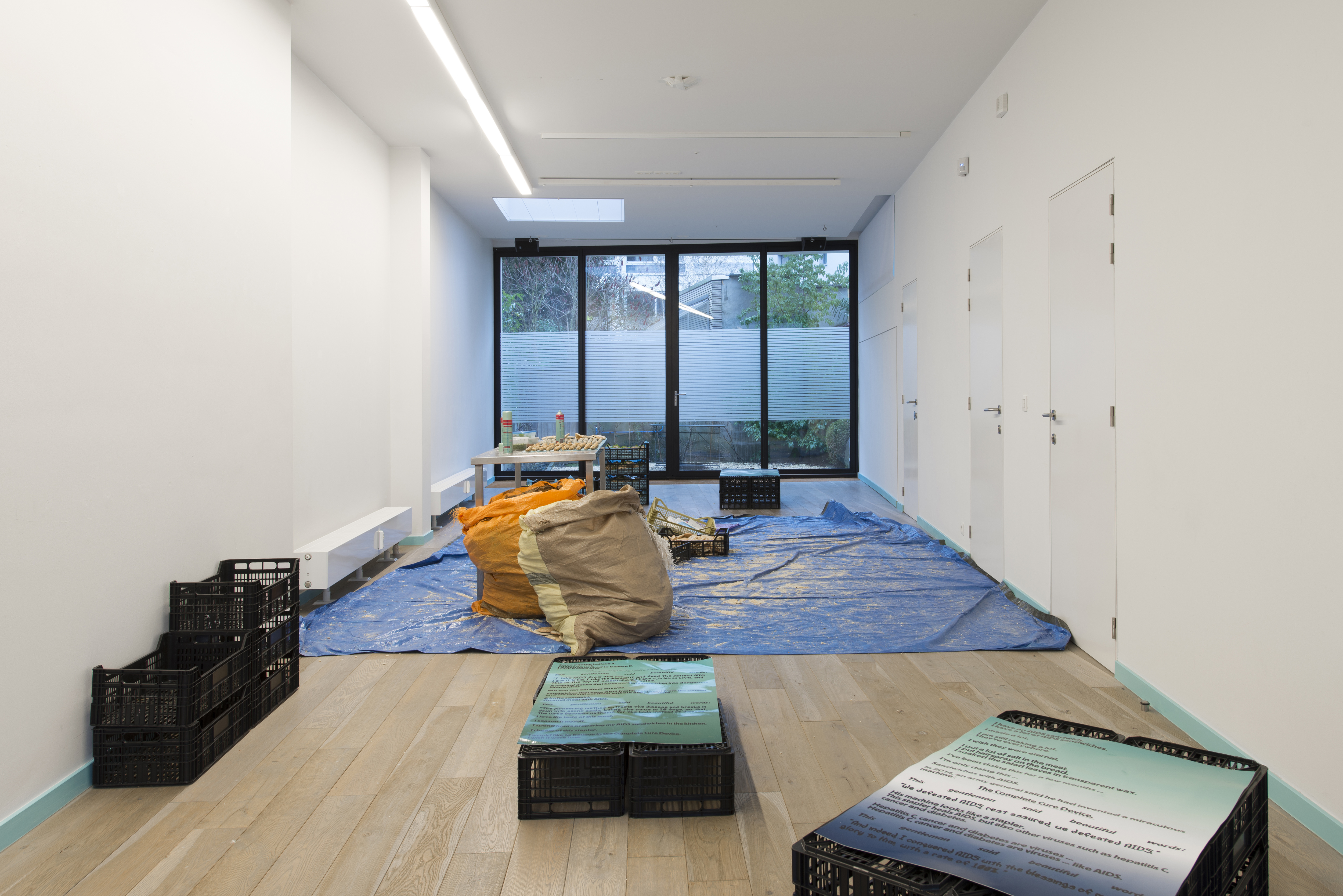
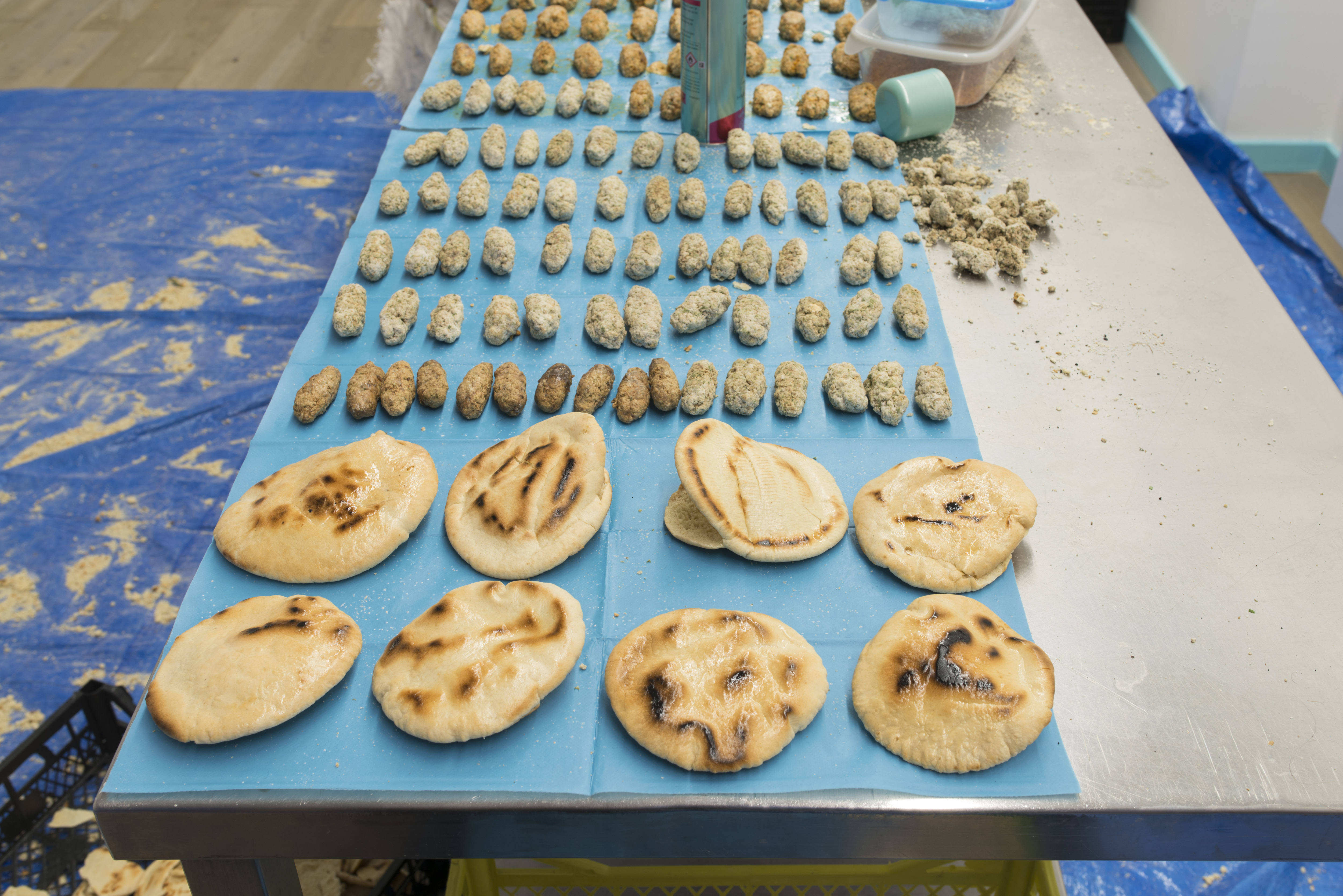
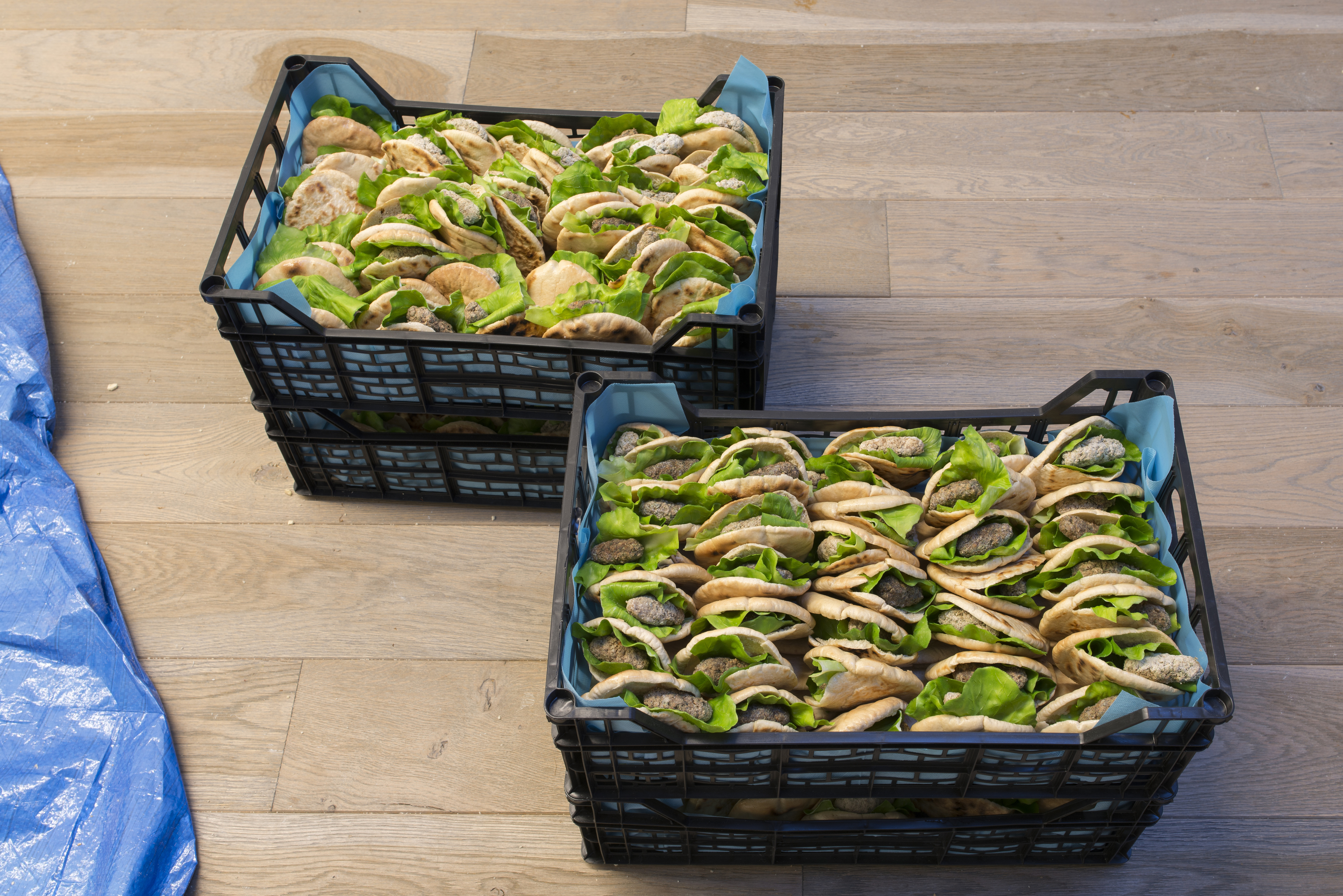

Narrative Machines:
Episode 2
“When Ghita Skali told me that she was reading Illness as Metaphor from Susan Sontag, it reminded me of this interview of writer by Jonathan Cott in which she stated: ︎The greatest effort is to be really where you are, contemporary with yourself, in your life, giving full attention to the world. That’s what a writer does.︎ And, as an artist, this is what Ghita Skali does.
Ghita and I never met but, had been working together for more than one year when I first invited her in October 2017, to be part of Vos désirs sont les nôtres , an exhibition that took place in Triangle France-Astérides in Marseille. This was the starting point of a virtual collaboration requiring mutual confidence and trust.
The Narrative Machines - Episode 2 exhibition at Été 78 in Brussels, is addressing a reflection conducted by several persons through various stages, over the last years. The Narratives Machines are capturing anecdotes, rumours or fleeting announcements on medical and scientific inventions. The artist raises questions on Power relations and cautiously observes with irony the way creative misinformation of fake hopes spreads. For her solo show, Ghita Skali discloses a caustic metaphor of a plot that has been highlighted on many dark websites or through computer algorithms that the artist keeps scrutinizing while others just read and forget. Ghita is telling a story which makes her laugh “in the corner“, as she says, and also mentally pulls her away from specific meanings and common senses, giving us a striking text.
A hundred of baladi breads with kofta have been cooked, dried, baked, glazed for the occasion. Natural products used in these sandwiches are almost neutralised, yet they still keep on rotting slowly and spreading a stinky smell. Salad is green and artificial. We are miles away from the idea of a recipe but the gesture remains efficient. The artist is obsessed with these sandwiches. Her obsession is supported by writings and speakings. The text deals with the sandwich in a trenchant manner. Visitors will leave neither with the text nor with a sandwich, but with the odd feeling that he or she has seen a contaminated object, somewhere, somehow.
A cold aluminum table on a grey floor - scattered black and colourful plastic crates on which each sandwich stands, echoes Zoé Léonard’s work. In her piece Strange fruit (for David) (1992-1997), Zoé Léonard works with oranges, bananas, grapefruits, lemons and avocados peels which she sews shut with strings, zippers, buttons, tendons, sewing needles, plastic or iron wire, asking us to witness the degrading stability of things vs loss. Ghita Skali has also chosen to speak about drama. Her voice broadcasted in the space reads out a script printed on posters displayed on the ground and a beep sound is heard to conceal the names of those affected. As such, this speech, which is stained with sarcasm, creates the distance required for the artist.
On February 28th, 2014, the Guardian headline read: "Egypt's military leaders unveil devices they claim can detect and cure Aids ». The doctor and Armed Forces General Abdullati claimed in a press conference this invention is using electromagnetism to detect and cure Aids as other viruses: hepatitis C, cancer, diabetes... These devices are called C-Fast, I-Fast and Complete Cure Device. In this same article General Abdullati also testifies: "I take Aids from the patient and nourish the patient on the Aids by giving him a skewer of Aids kofta".
Such a statement fascinates the artist and is the starting point of this second episode of Narratives Machines shown at Été 78. This work juxtaposes an unbelievable story and memories. It raises questions about the right to say or not, discloses at times what is true and false and finally, focuses on the vulnerability of a human being and his/her roots. To get closer to her own doubts yet caught up by the desire to not give a fuck, Ghita Skali takes us to a deep paradox: we are in between the desire to believe her and a growing skepticism facing with a need for truth. A baffling ambivalence the artist faces and stands up to.”
Marie de Gaulejac
Ghita and I never met but, had been working together for more than one year when I first invited her in October 2017, to be part of Vos désirs sont les nôtres , an exhibition that took place in Triangle France-Astérides in Marseille. This was the starting point of a virtual collaboration requiring mutual confidence and trust.
The Narrative Machines - Episode 2 exhibition at Été 78 in Brussels, is addressing a reflection conducted by several persons through various stages, over the last years. The Narratives Machines are capturing anecdotes, rumours or fleeting announcements on medical and scientific inventions. The artist raises questions on Power relations and cautiously observes with irony the way creative misinformation of fake hopes spreads. For her solo show, Ghita Skali discloses a caustic metaphor of a plot that has been highlighted on many dark websites or through computer algorithms that the artist keeps scrutinizing while others just read and forget. Ghita is telling a story which makes her laugh “in the corner“, as she says, and also mentally pulls her away from specific meanings and common senses, giving us a striking text.
A hundred of baladi breads with kofta have been cooked, dried, baked, glazed for the occasion. Natural products used in these sandwiches are almost neutralised, yet they still keep on rotting slowly and spreading a stinky smell. Salad is green and artificial. We are miles away from the idea of a recipe but the gesture remains efficient. The artist is obsessed with these sandwiches. Her obsession is supported by writings and speakings. The text deals with the sandwich in a trenchant manner. Visitors will leave neither with the text nor with a sandwich, but with the odd feeling that he or she has seen a contaminated object, somewhere, somehow.
A cold aluminum table on a grey floor - scattered black and colourful plastic crates on which each sandwich stands, echoes Zoé Léonard’s work. In her piece Strange fruit (for David) (1992-1997), Zoé Léonard works with oranges, bananas, grapefruits, lemons and avocados peels which she sews shut with strings, zippers, buttons, tendons, sewing needles, plastic or iron wire, asking us to witness the degrading stability of things vs loss. Ghita Skali has also chosen to speak about drama. Her voice broadcasted in the space reads out a script printed on posters displayed on the ground and a beep sound is heard to conceal the names of those affected. As such, this speech, which is stained with sarcasm, creates the distance required for the artist.
On February 28th, 2014, the Guardian headline read: "Egypt's military leaders unveil devices they claim can detect and cure Aids ». The doctor and Armed Forces General Abdullati claimed in a press conference this invention is using electromagnetism to detect and cure Aids as other viruses: hepatitis C, cancer, diabetes... These devices are called C-Fast, I-Fast and Complete Cure Device. In this same article General Abdullati also testifies: "I take Aids from the patient and nourish the patient on the Aids by giving him a skewer of Aids kofta".
Such a statement fascinates the artist and is the starting point of this second episode of Narratives Machines shown at Été 78. This work juxtaposes an unbelievable story and memories. It raises questions about the right to say or not, discloses at times what is true and false and finally, focuses on the vulnerability of a human being and his/her roots. To get closer to her own doubts yet caught up by the desire to not give a fuck, Ghita Skali takes us to a deep paradox: we are in between the desire to believe her and a growing skepticism facing with a need for truth. A baffling ambivalence the artist faces and stands up to.”
Marie de Gaulejac
︎ 2022: Aidsburgers, medical horoscopes and holes in the floor - by Suzanne Wallinga - Metropolis M
![]()
![]()
![]()
![]()
![]()
![]()
![]()
![]()
![]()
Photography: Isabelle Arthuis
Translation: Léa Roch
Sound Editing: Adrià Martí Comas
Proofreading: Leo Arnold and Inas Halabi
Graphic Design: Roxanne Maillet and Mélanie Berger

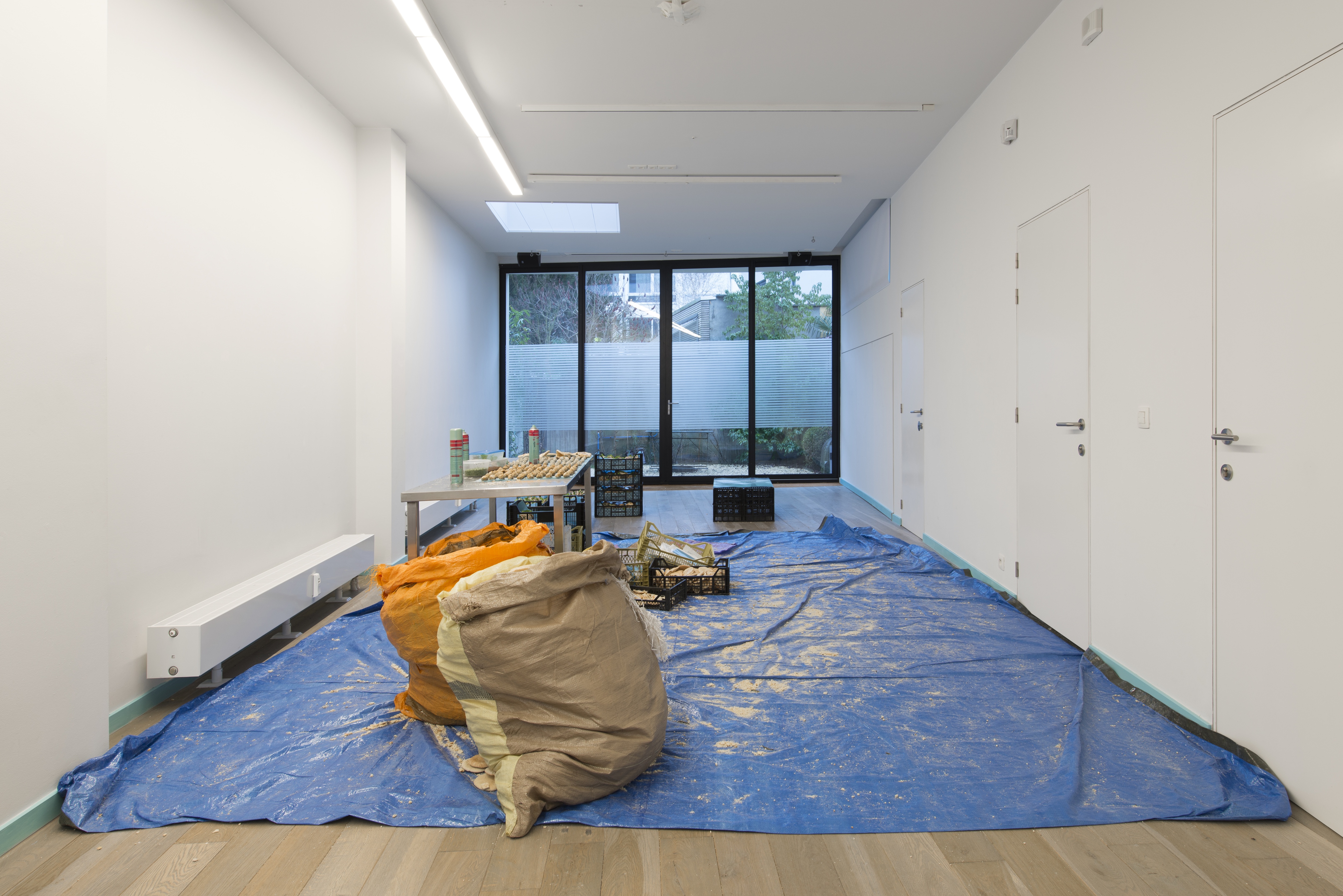
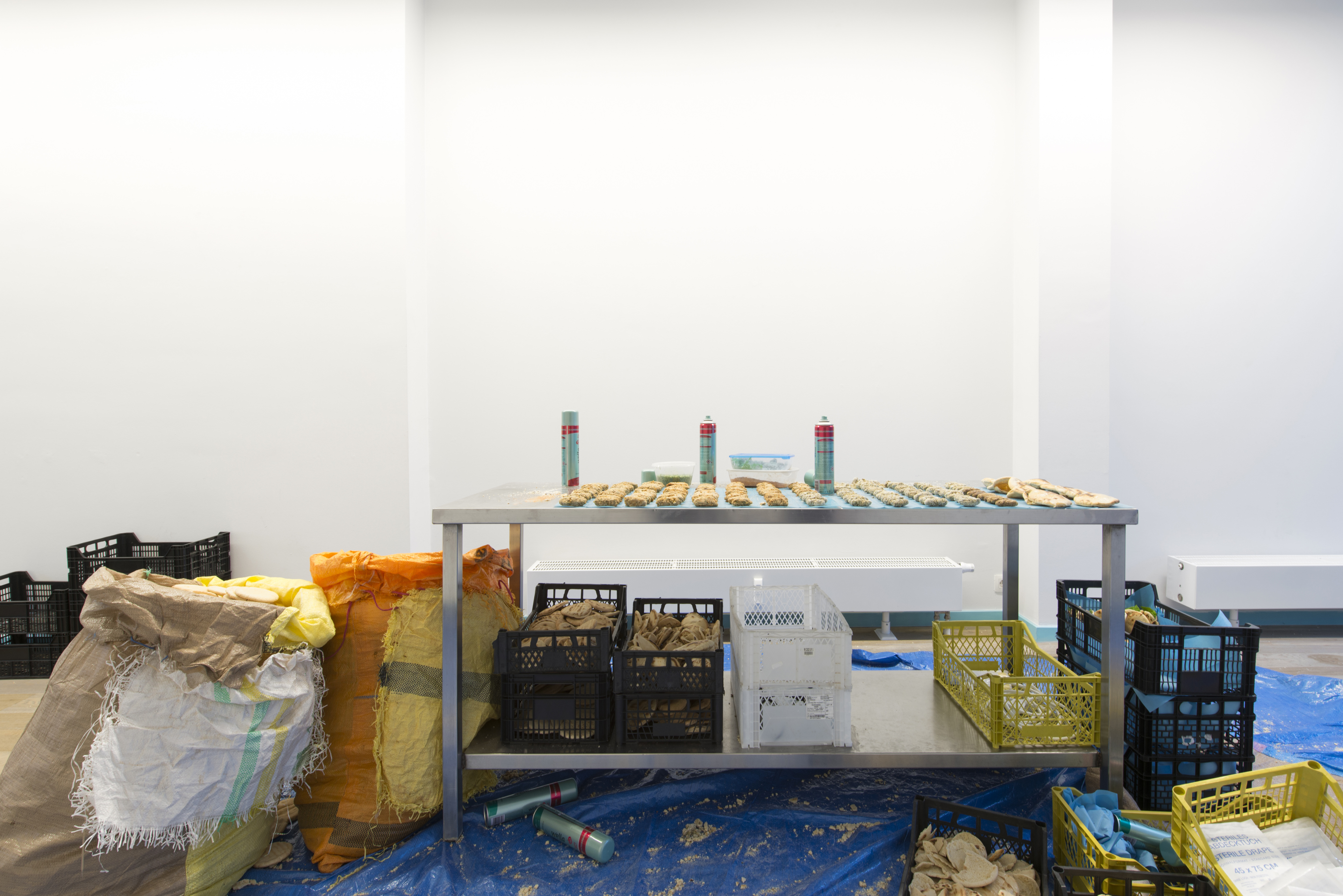
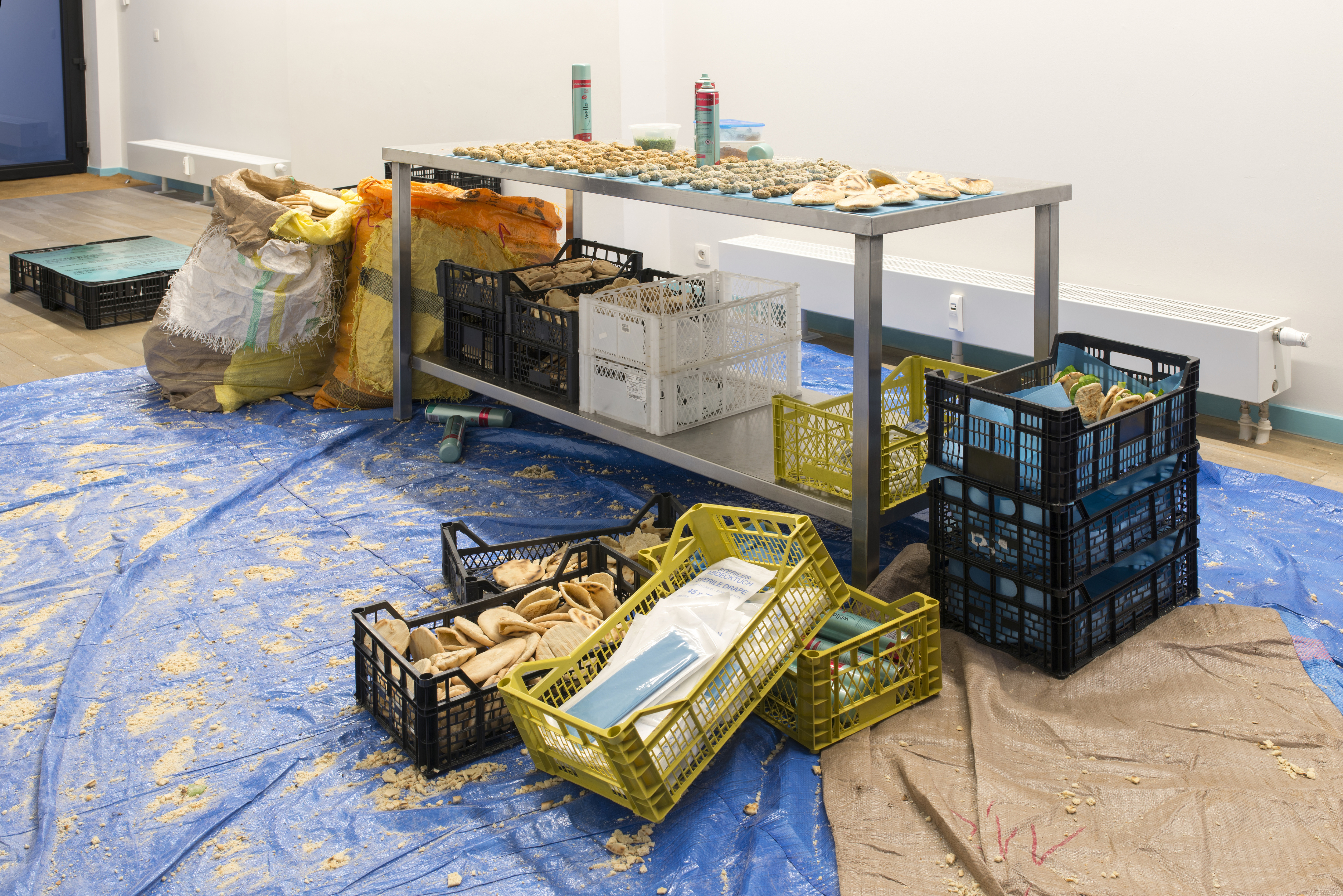

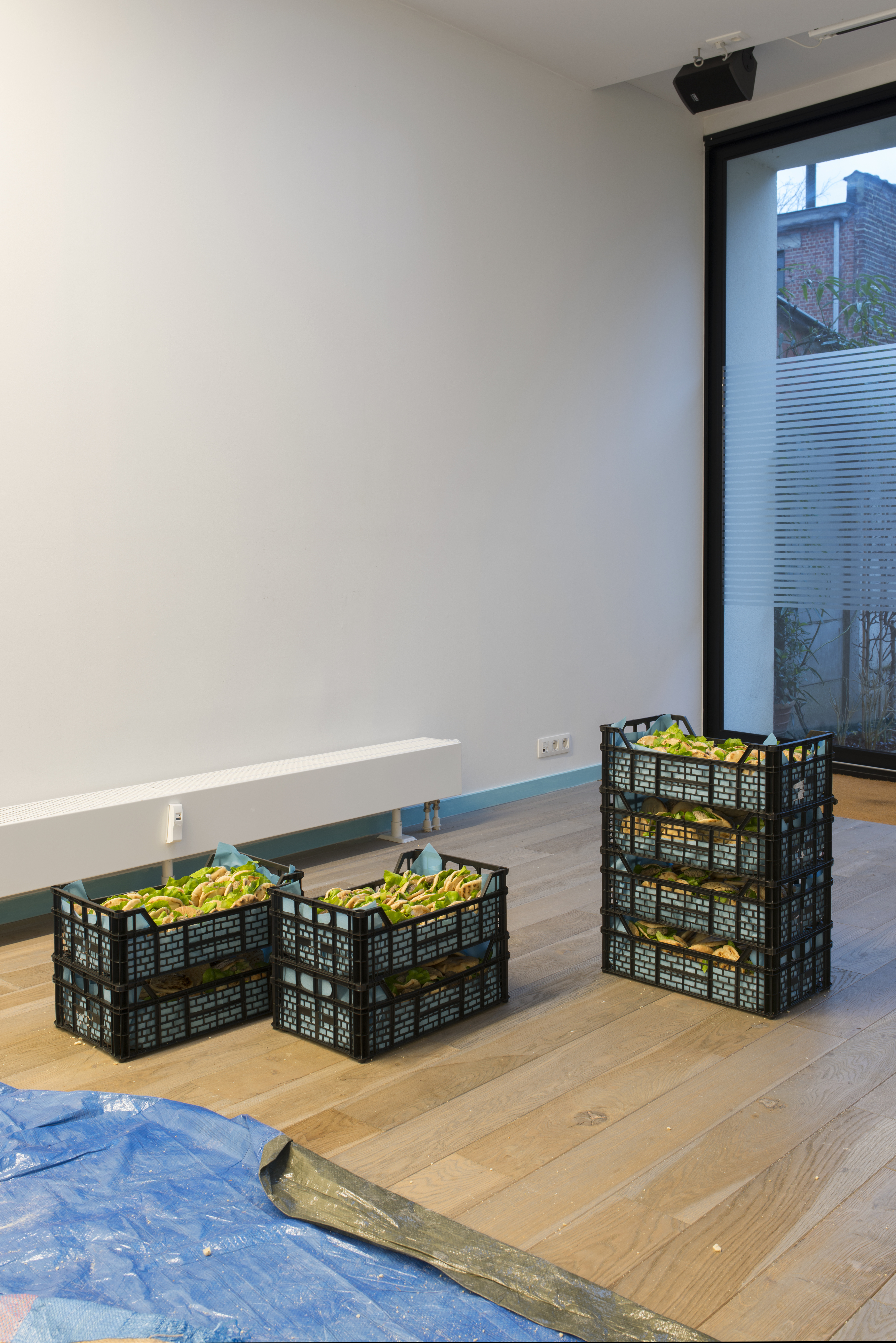
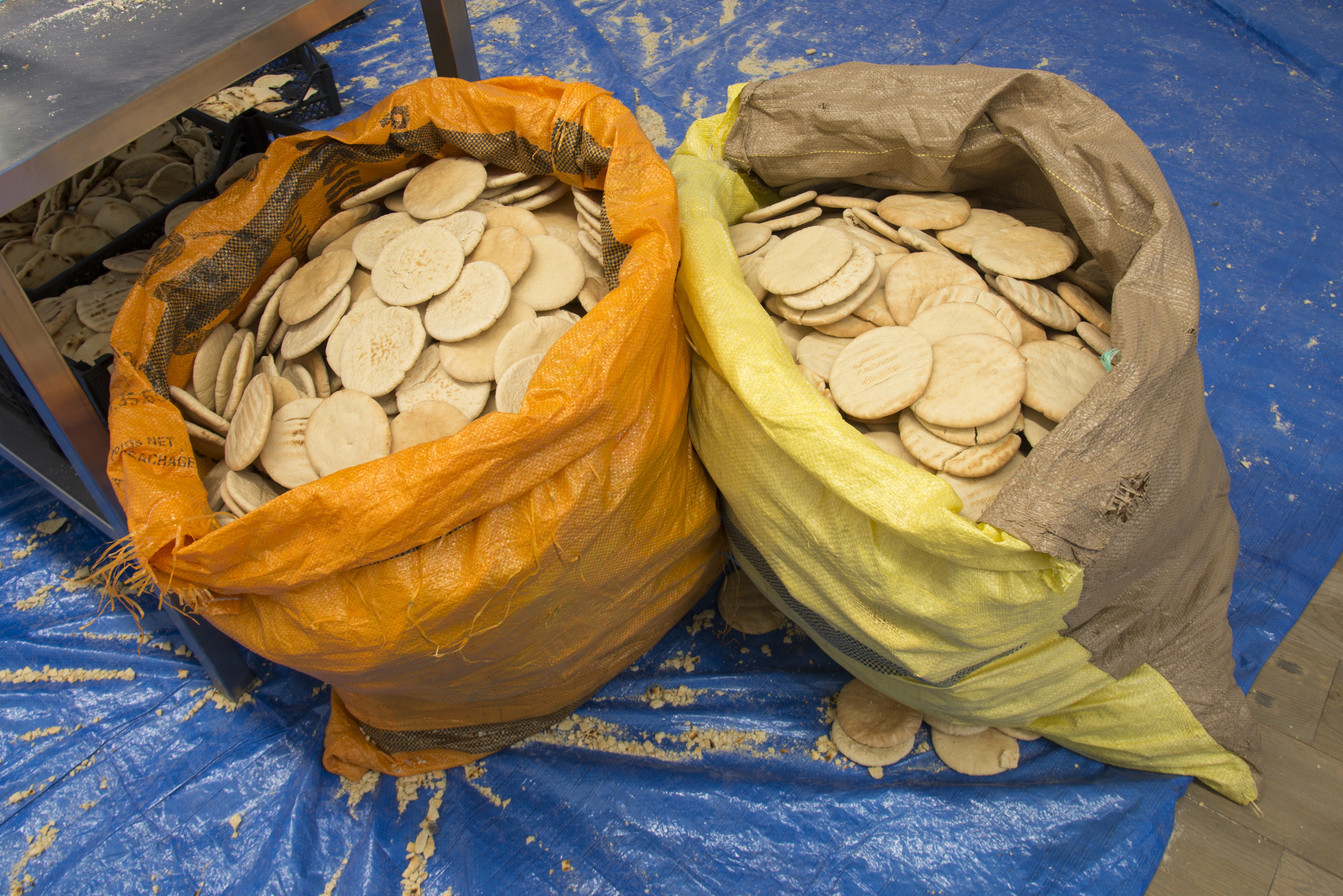


Photography: Isabelle Arthuis
Translation: Léa Roch
Sound Editing: Adrià Martí Comas
Proofreading: Leo Arnold and Inas Halabi
Graphic Design: Roxanne Maillet and Mélanie Berger

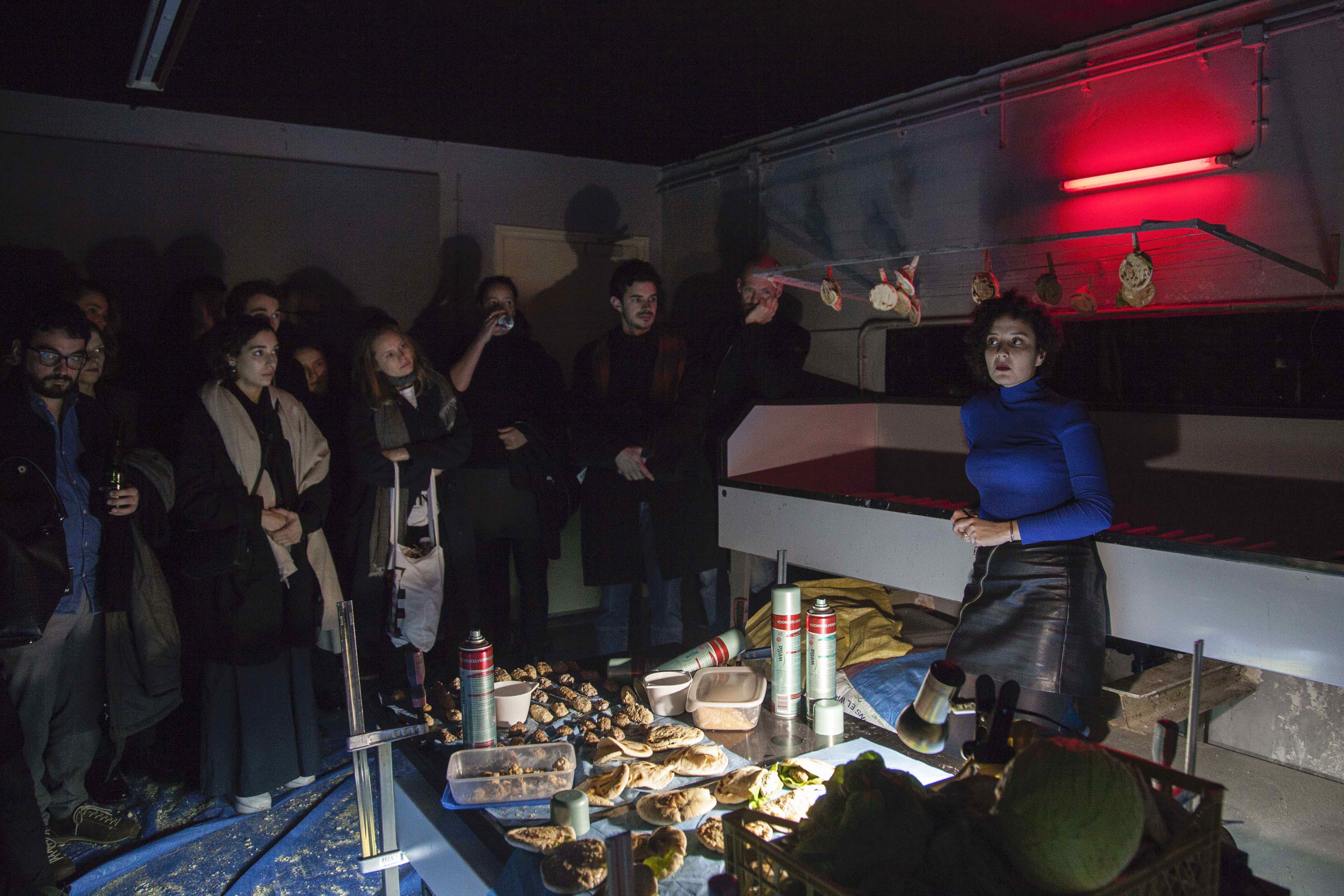
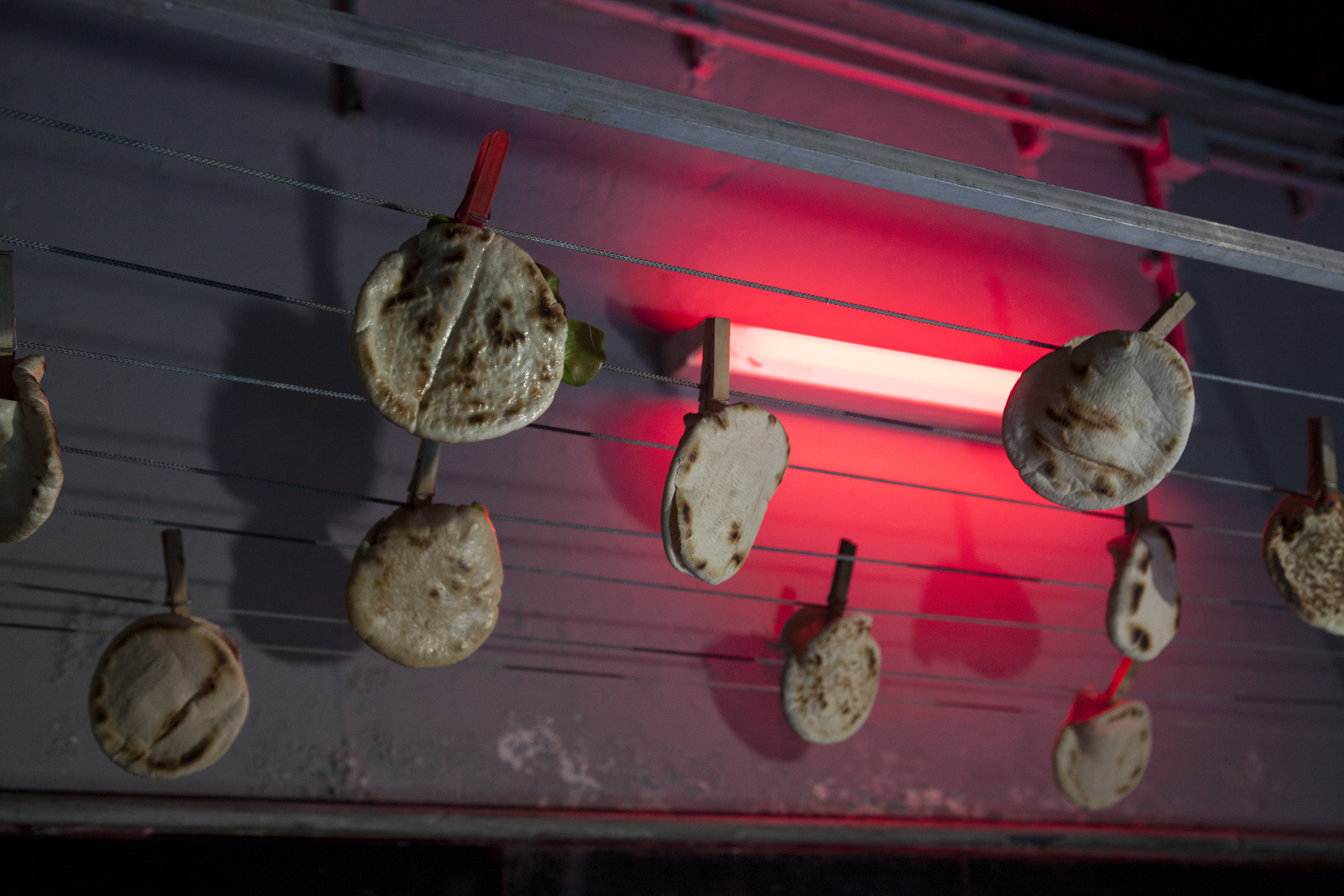
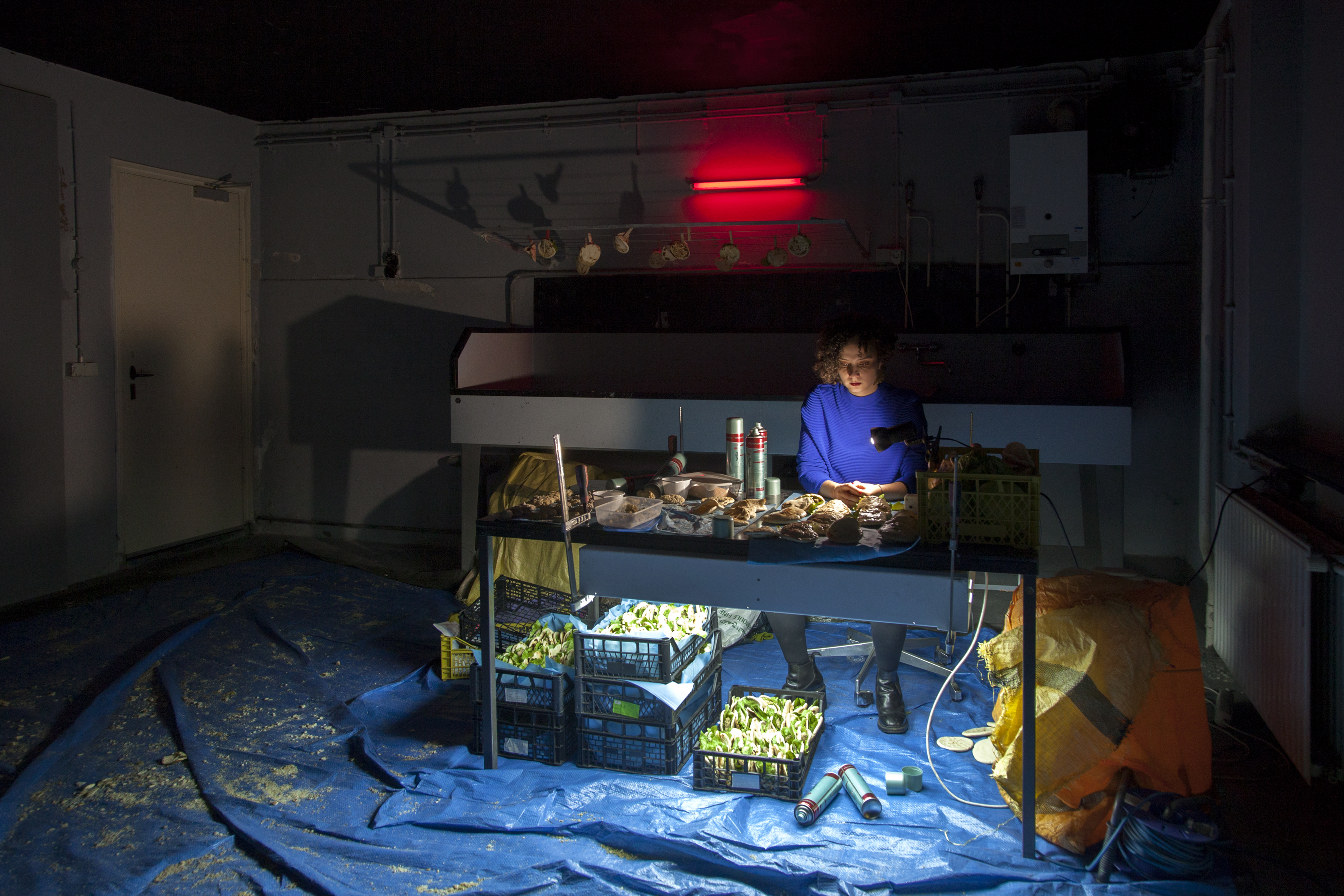
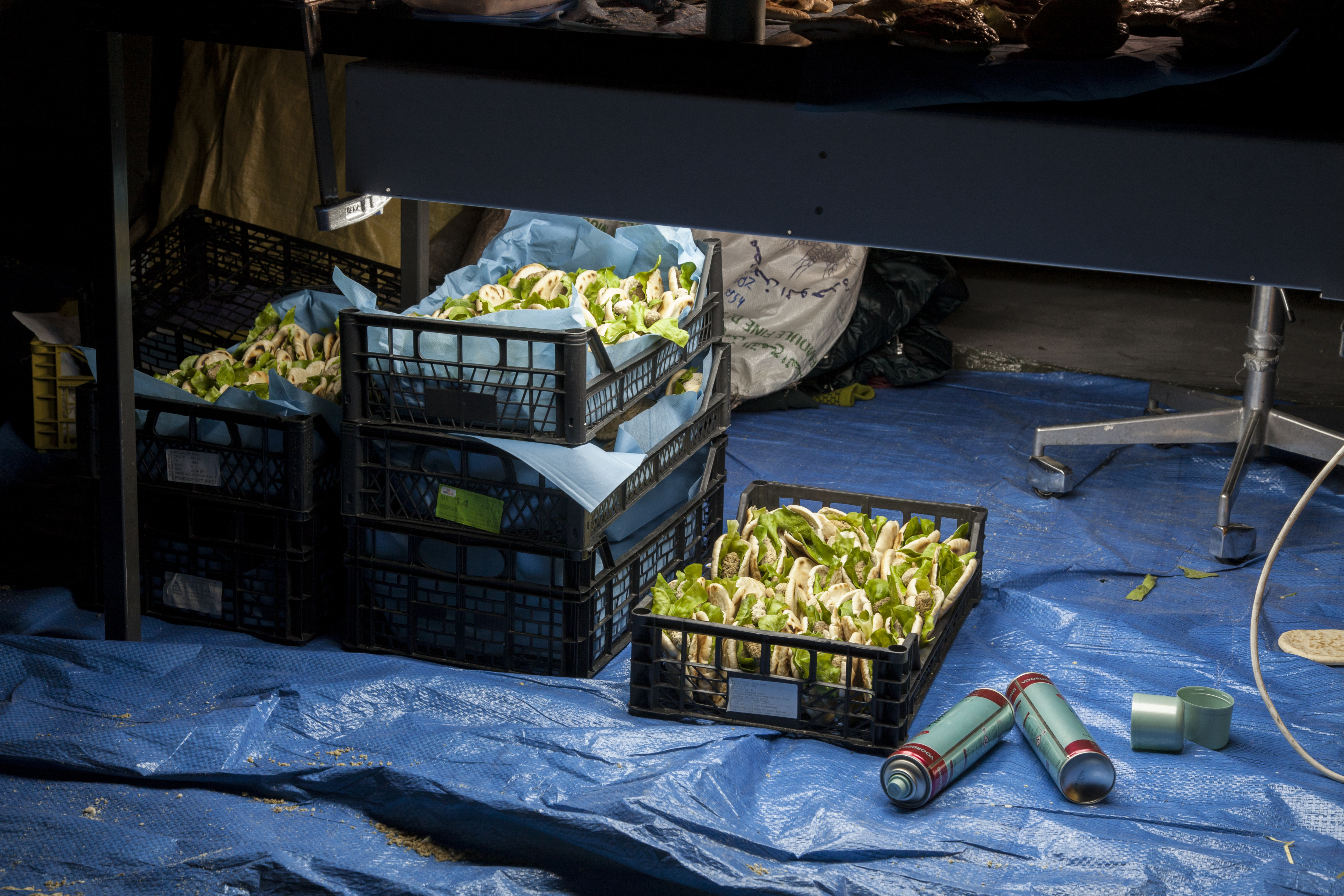
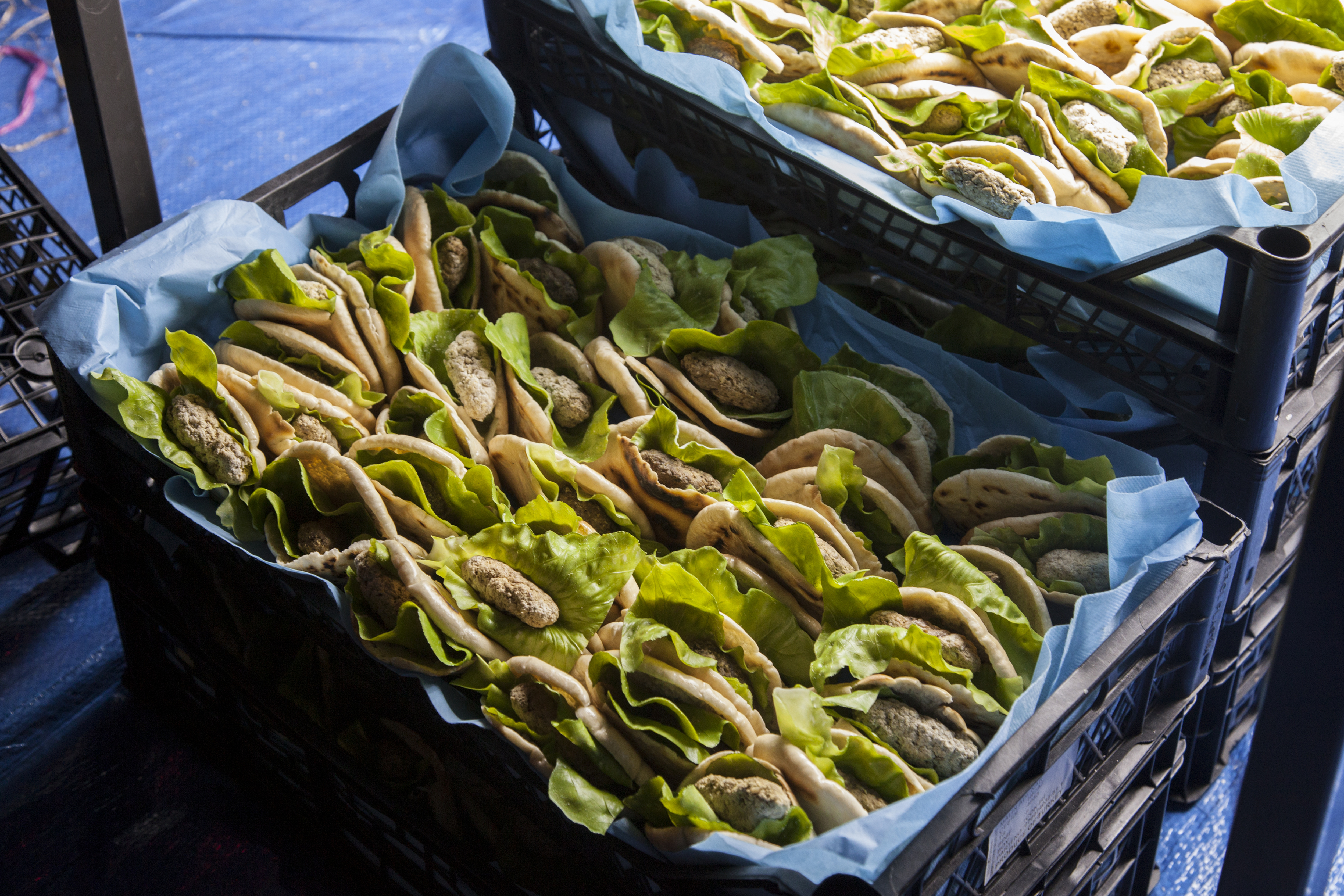
Narrative Machines:
Episode 3
Performance 15min
De Ateliers - Amsterdam
2019
Developed from research into the origins of intriguing anecdotes that appeared in the media and that hint towards the ambiguity of fact in our post-truth reality, Skali presents speculative narratives that reveal and complicate relations between contemporary mythology and the formation of power. For Narrative Machines: Episode 3, she departs from the declaration in 2014 of a Egyptian army general claiming to have invented a miraculous machine that would cure AIDS.
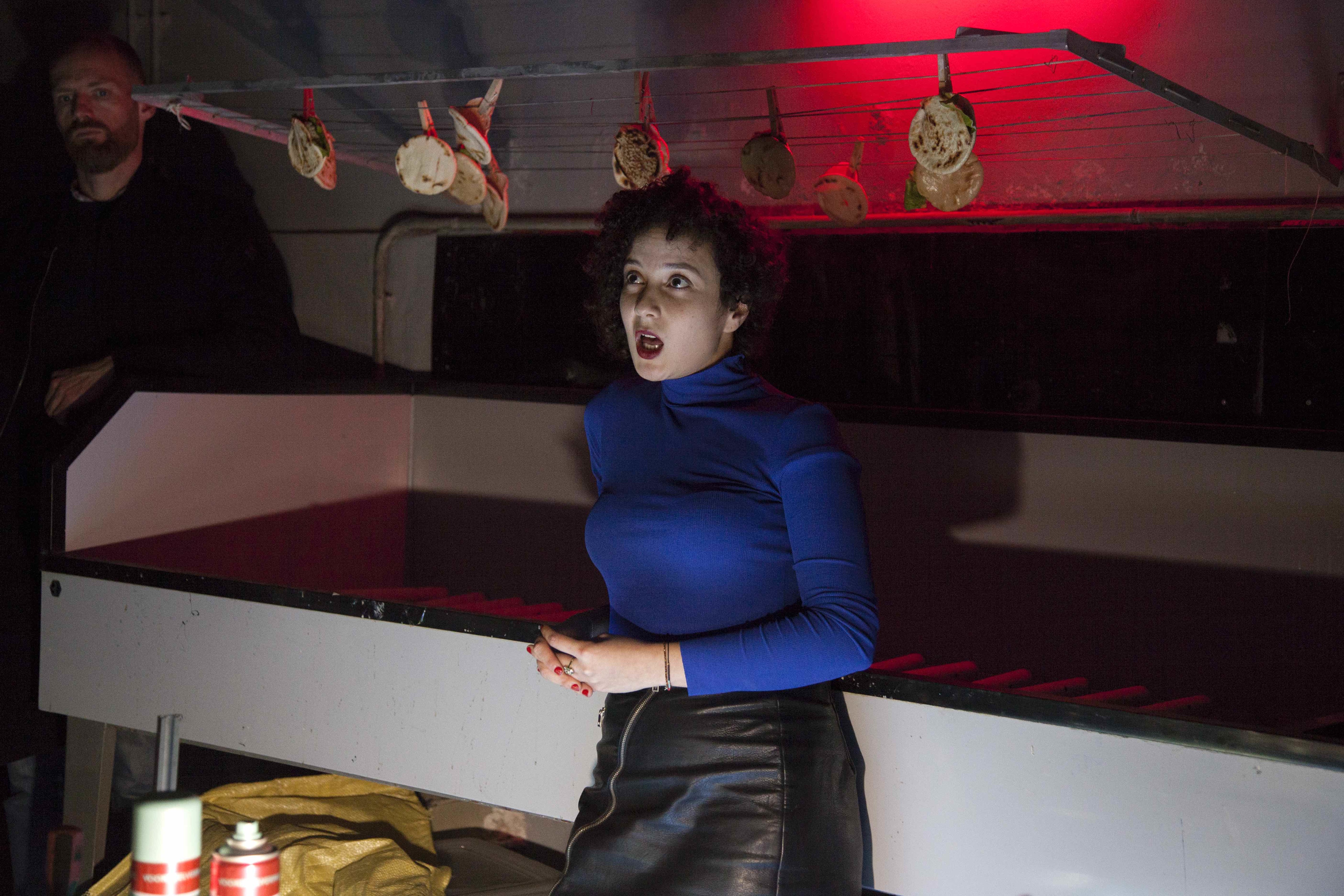


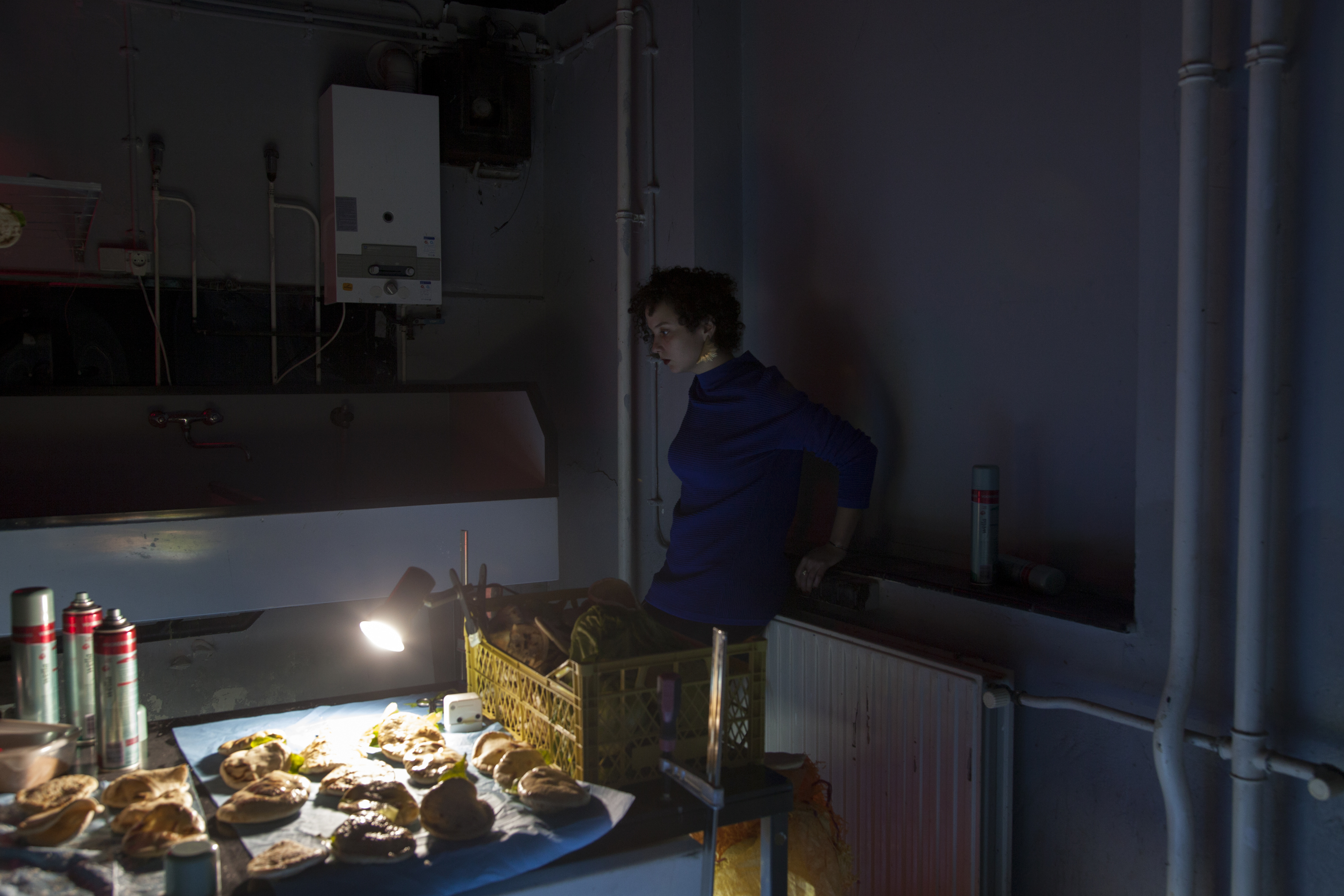
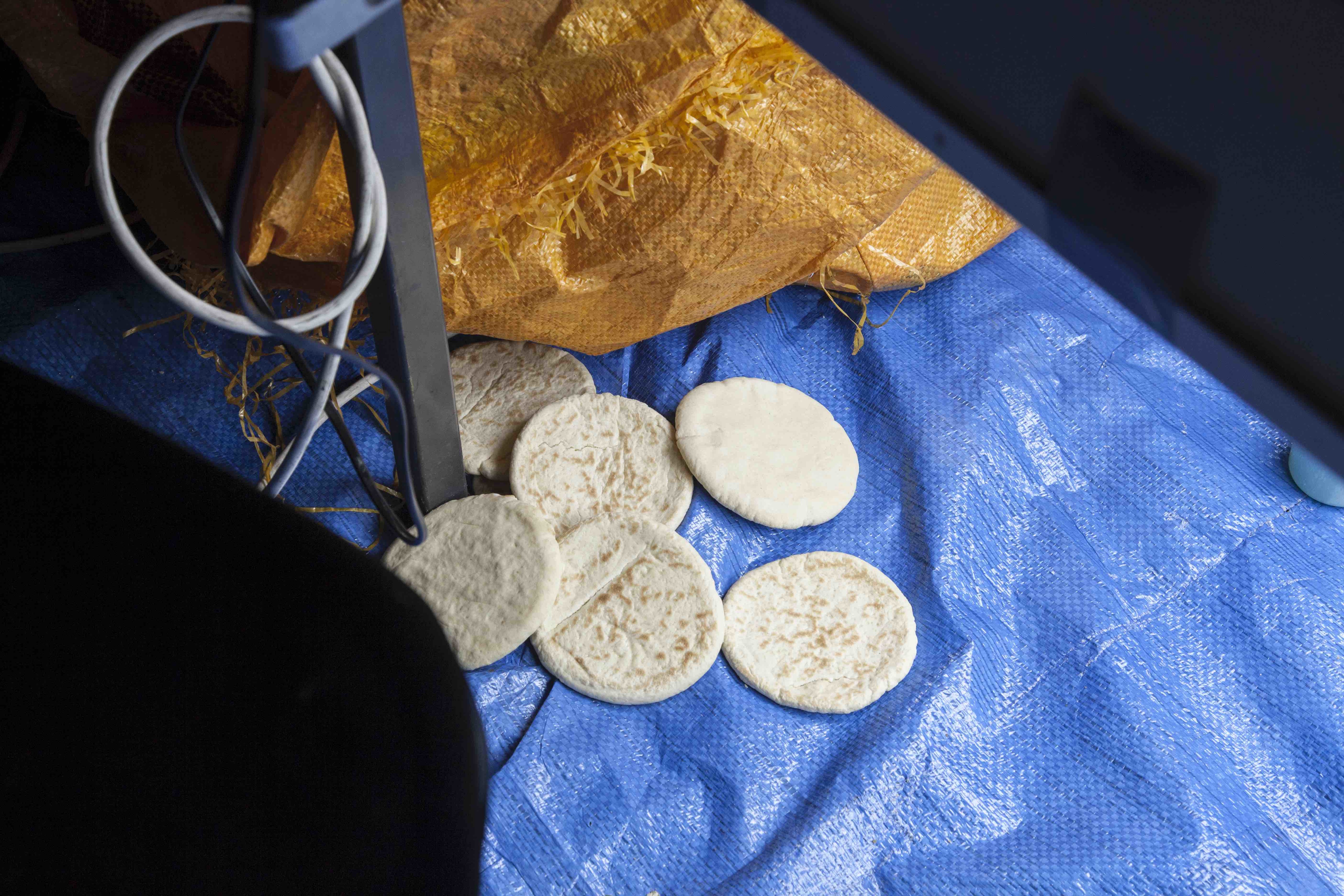



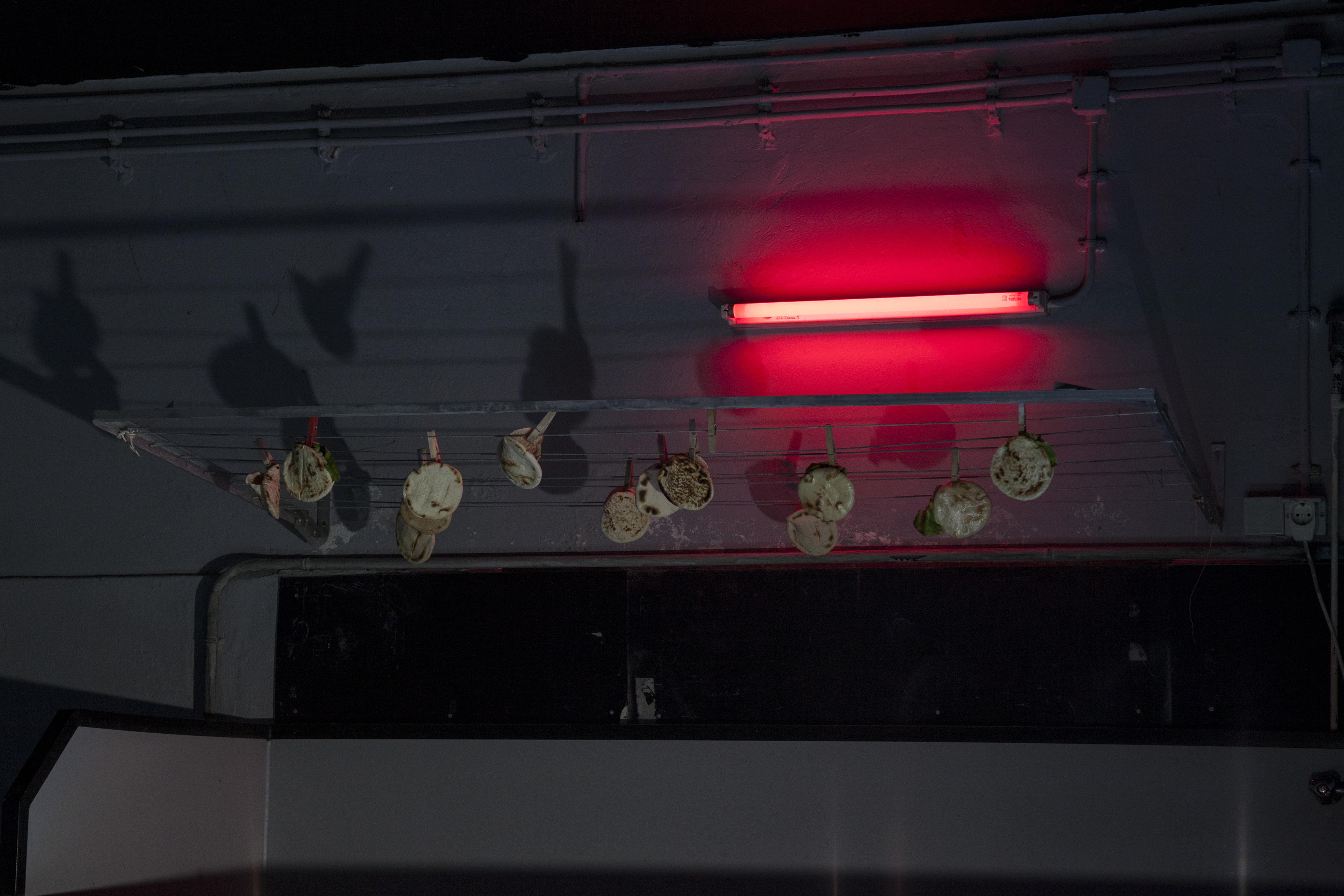





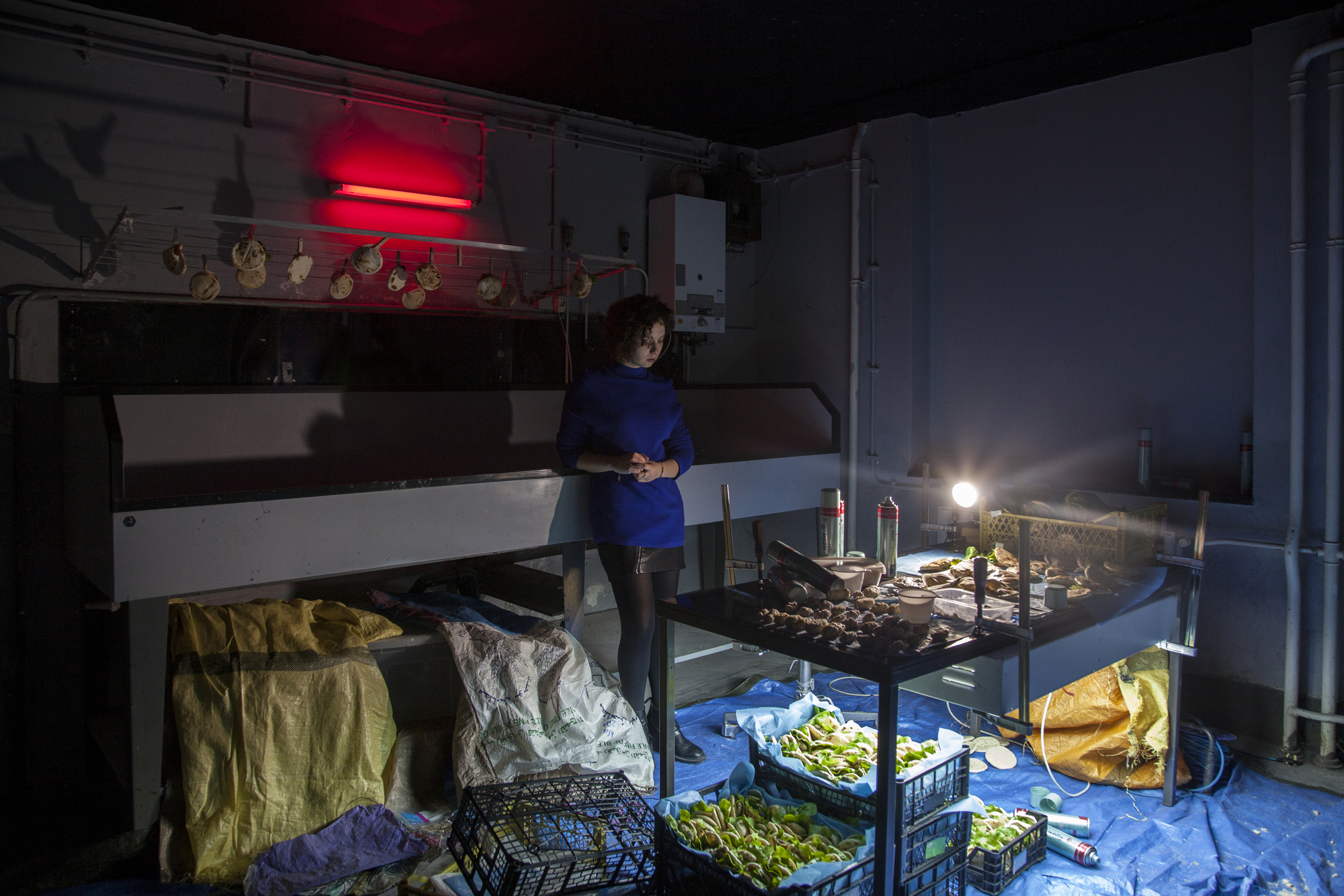

Photos Franziska Müller Schmidt




Narrative Machines:
Episode 4
Installation
Biel train Station
The secret place
2021
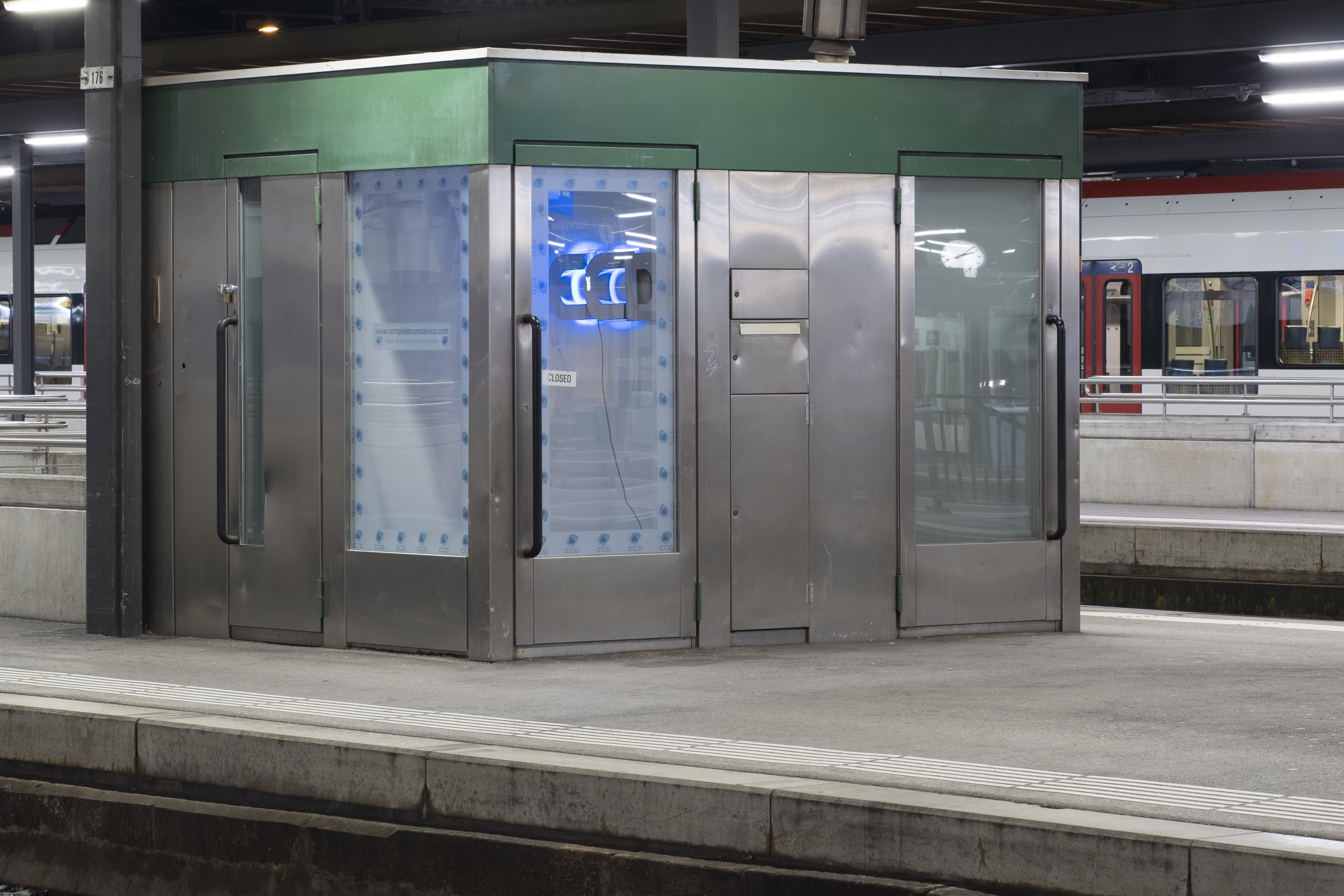




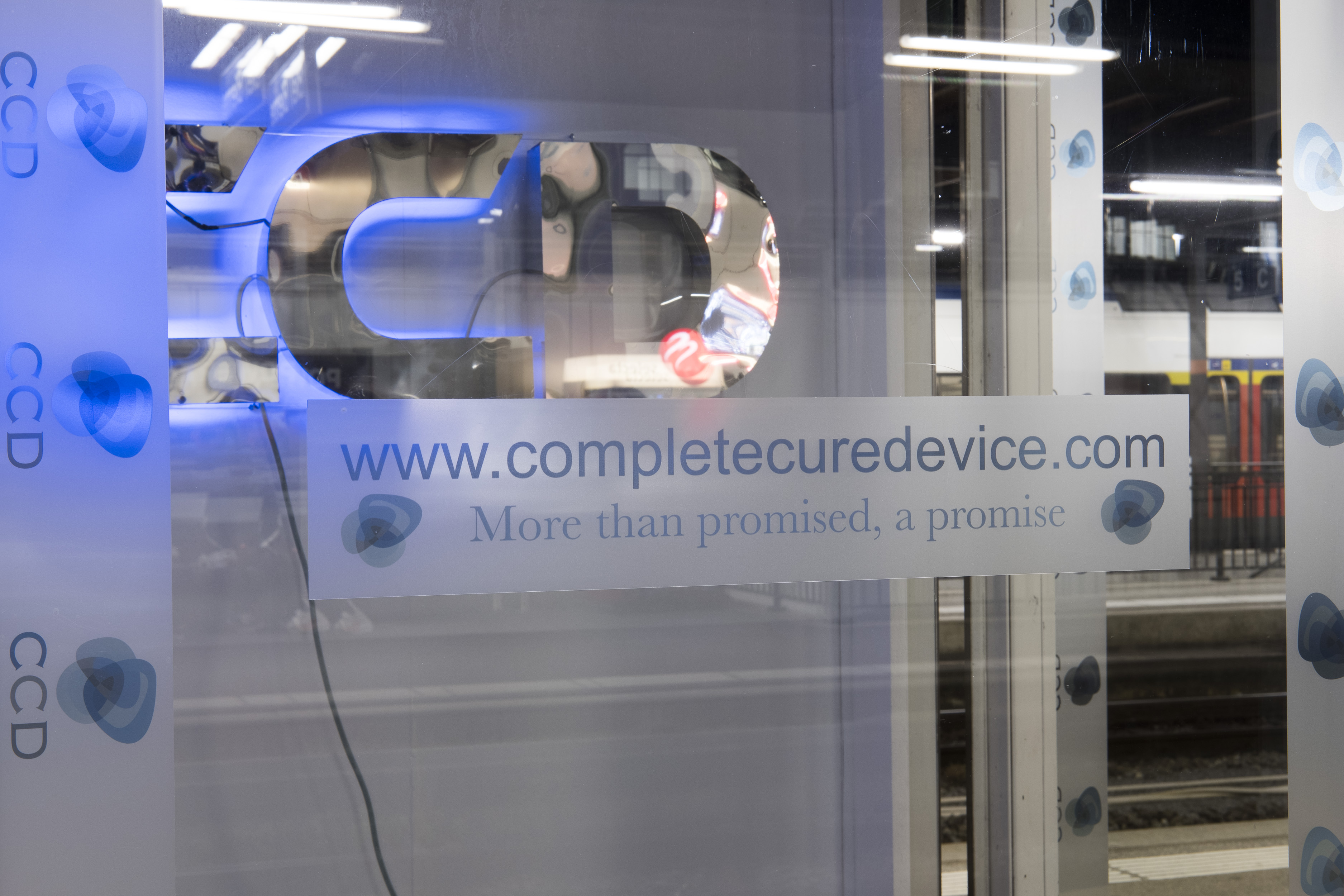




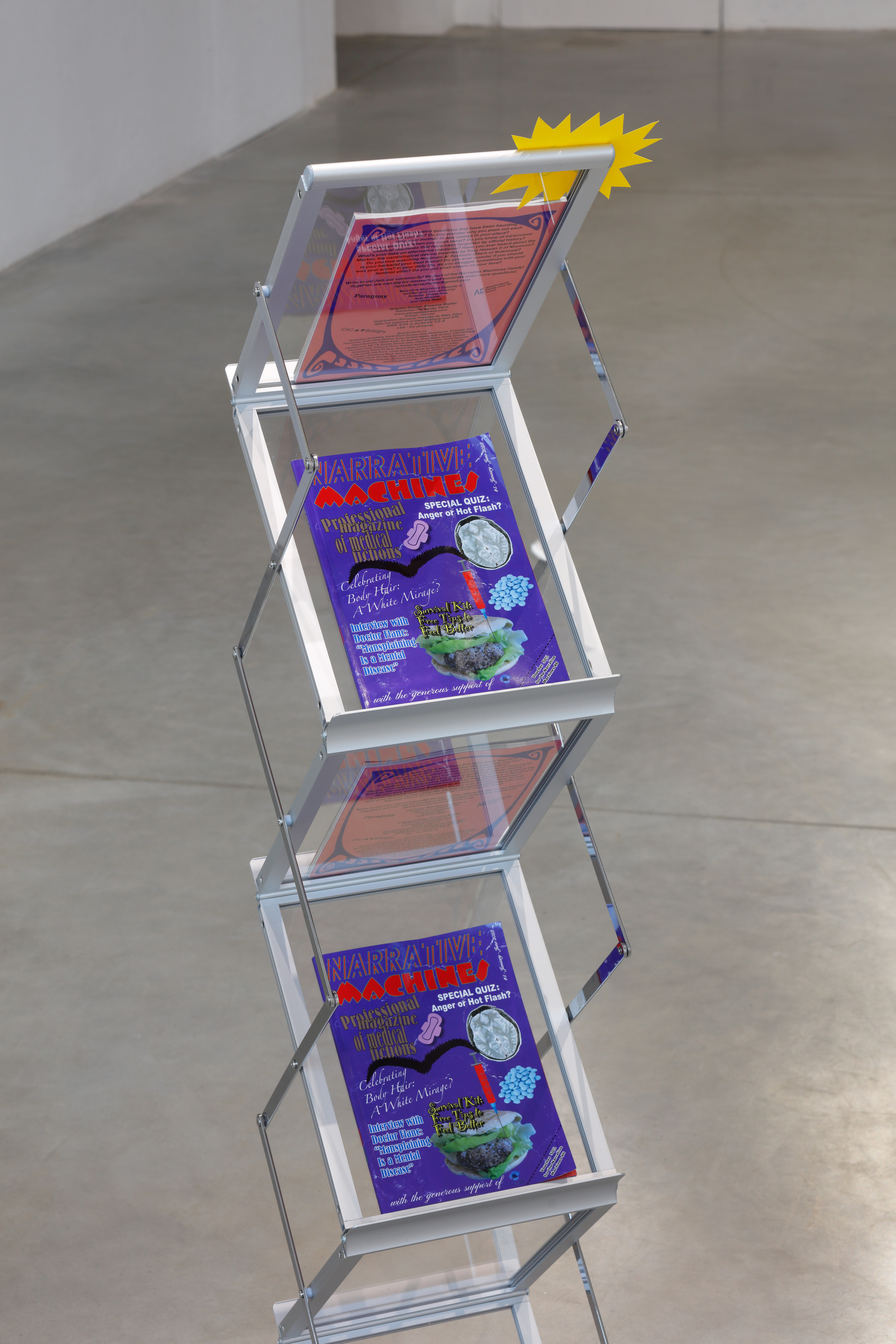
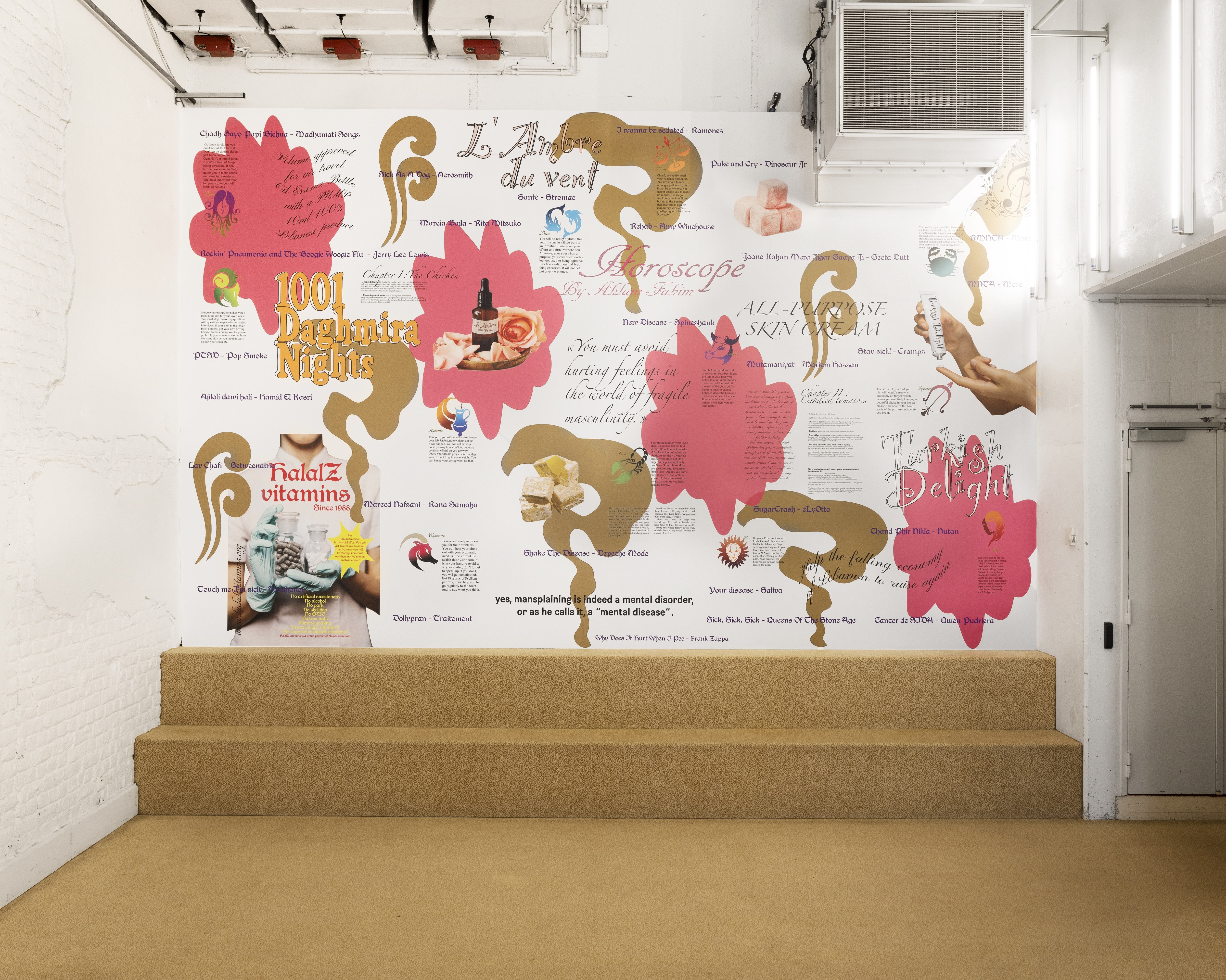
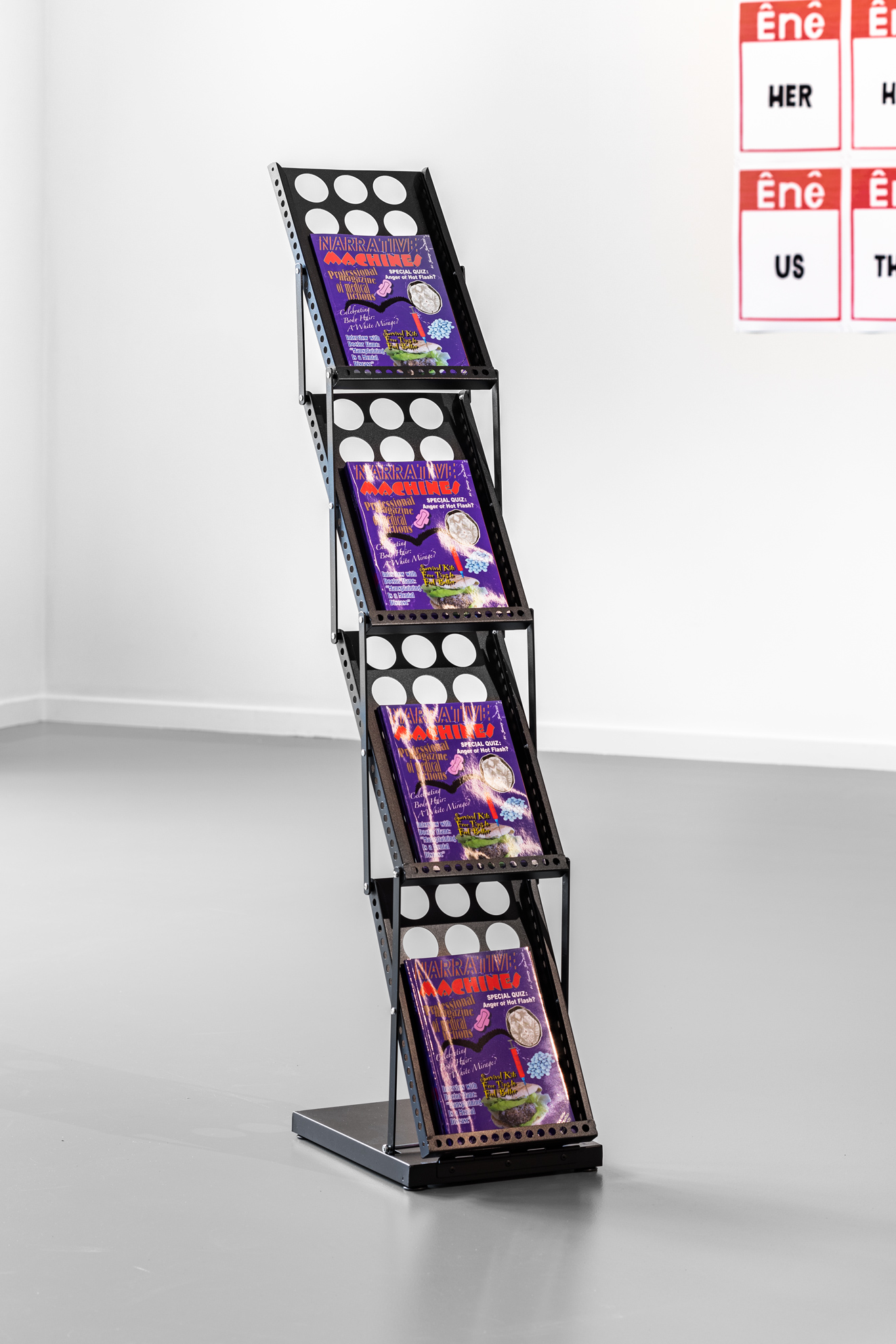

Narrative Machines:
Episode 4
An artist's book disguised as a medical publication written by six fictional women characters from Morocco in free wheeling, Narrative Machines clothes truth with falsehood. With wry irony and Google English it comments on paranoia, fake news, patriarchy, power and media ganging together in the Maghreb (and everywhere else). But it also shows a chosen community of women who confide, support each other and laugh a good load.
Are there weird questions that have been haunting you all your life? Do you wonder why you pass out each mother in law comes to your place? Do you smell fish when you cook meat? Do you know of miraculous medical machines that have been forgotten by official history? What's your take on alternative medicine? Have you ever heard about the Markar, the cardiological device invented by King Hassan II of Morocco? Do you love watching Noujoum Al 3ouloum (Stars of Sciences)? Is your herbalist your best friend? Do you ever wonder if you should wax your arms? In your daily life, do you struggle sometimes with your feminist ethic? Do you put snail cream on your face? Write to us! Join our community! Be part of the Narrative Machines family!
Texts by Kaoutar Chaqchaq, Ayla Mrabet, Ghita Skali.
Graphic design: Roxane Maillet.
2022
bilingual edition (English / Arabic)
18 x 25 cm
84 pages (ill.)
15.00 €
ISBN : 978-2-918252-76-4
EAN : 9782918252764
Paper wall made by Roxane Maillet with extracts from the magazine for the exhibition ‘Listening Through the Crack’s at Beursschouwburg (Brussels) curated by Sofia Dati
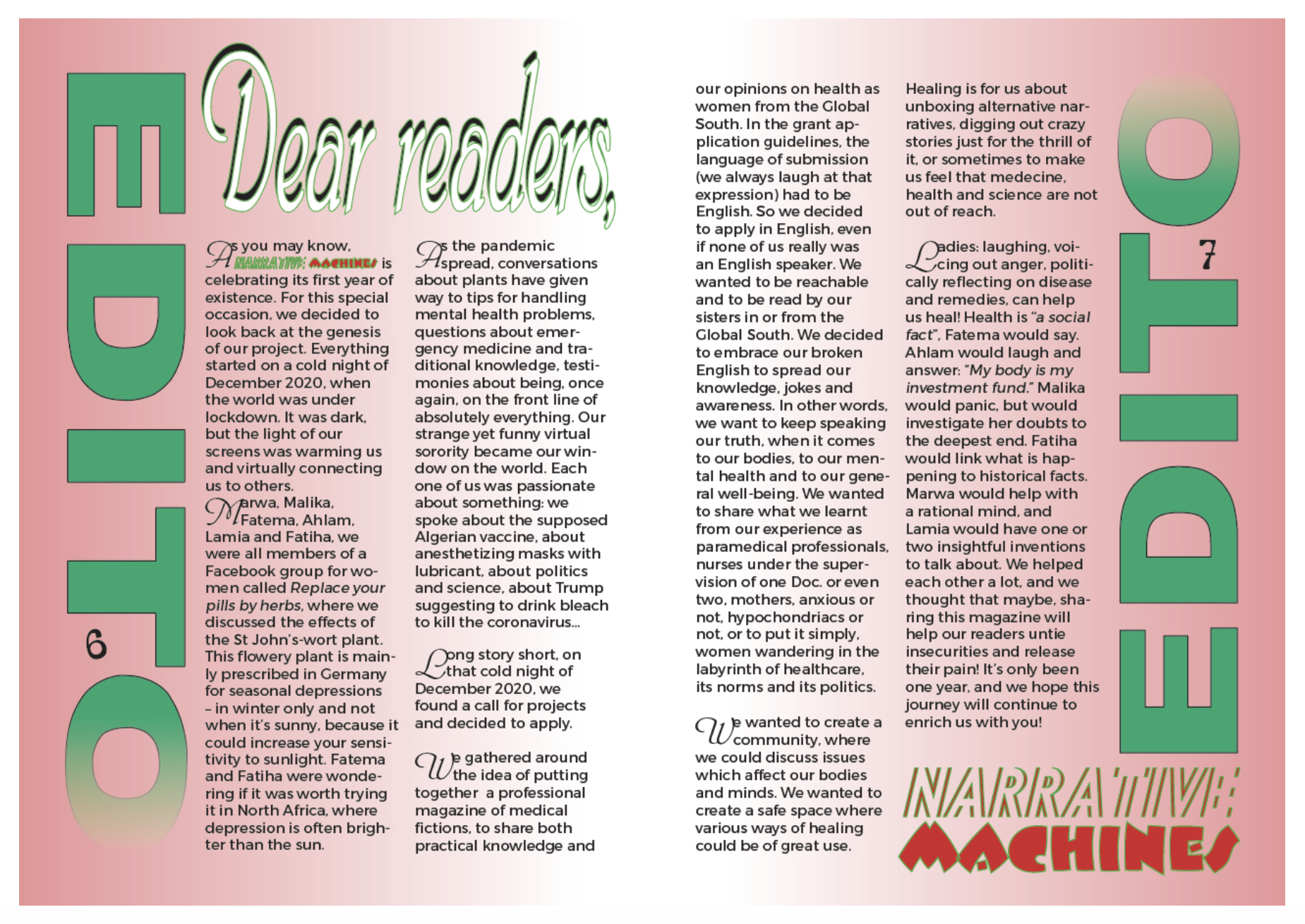

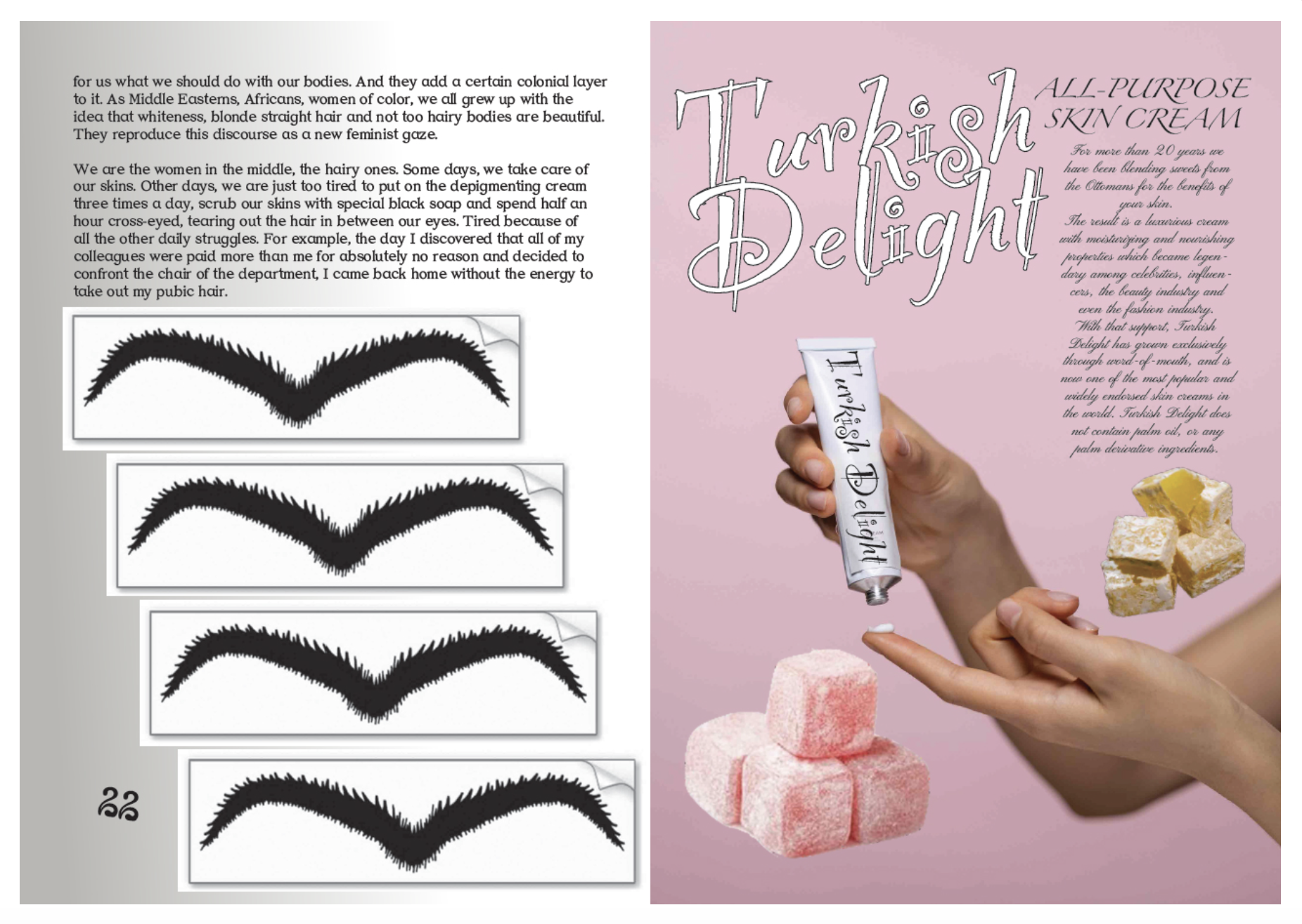
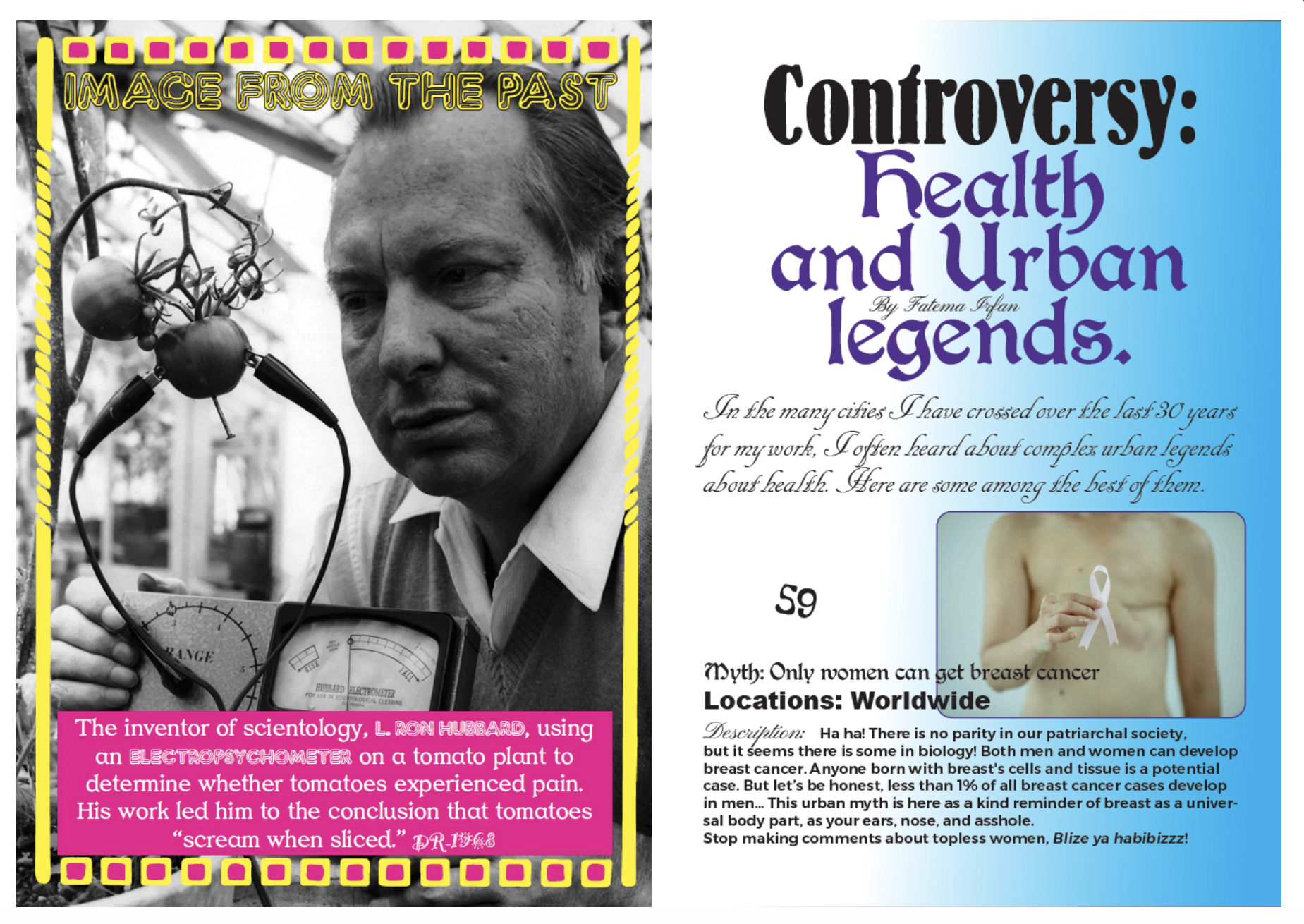






Press Leakage
︎ Narrative Machines: Episode 1 - Duuu Radio
︎ 2023: Les artistes réinventent les revues - by Kenza Sefrioui - La revue des revues
︎ 2022: Aidsburgers, medical horoscopes and holes in the floor - by Suzanne Wallinga - Metropolis M
︎ 2020: Banana distopias - by Cédric Fauq